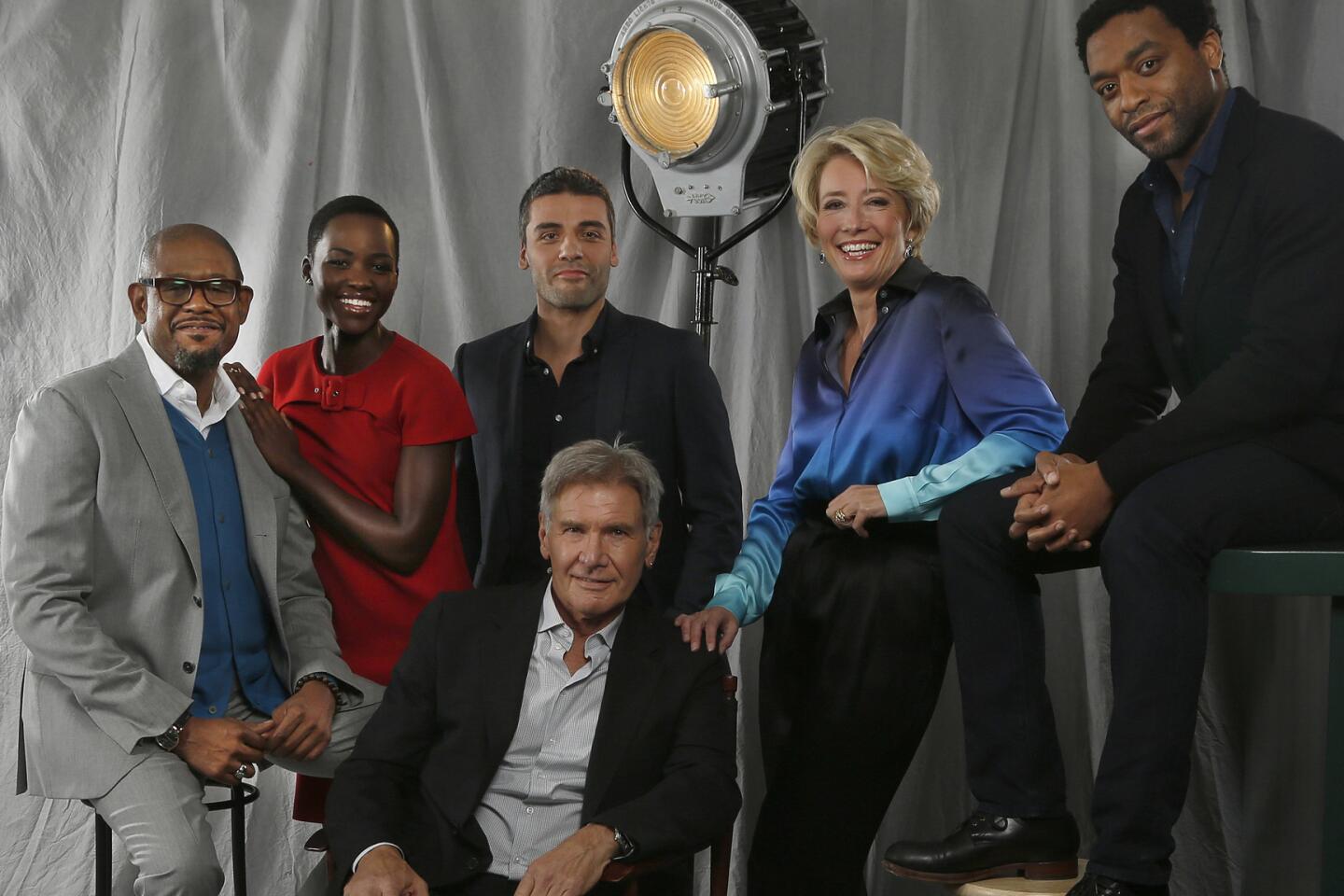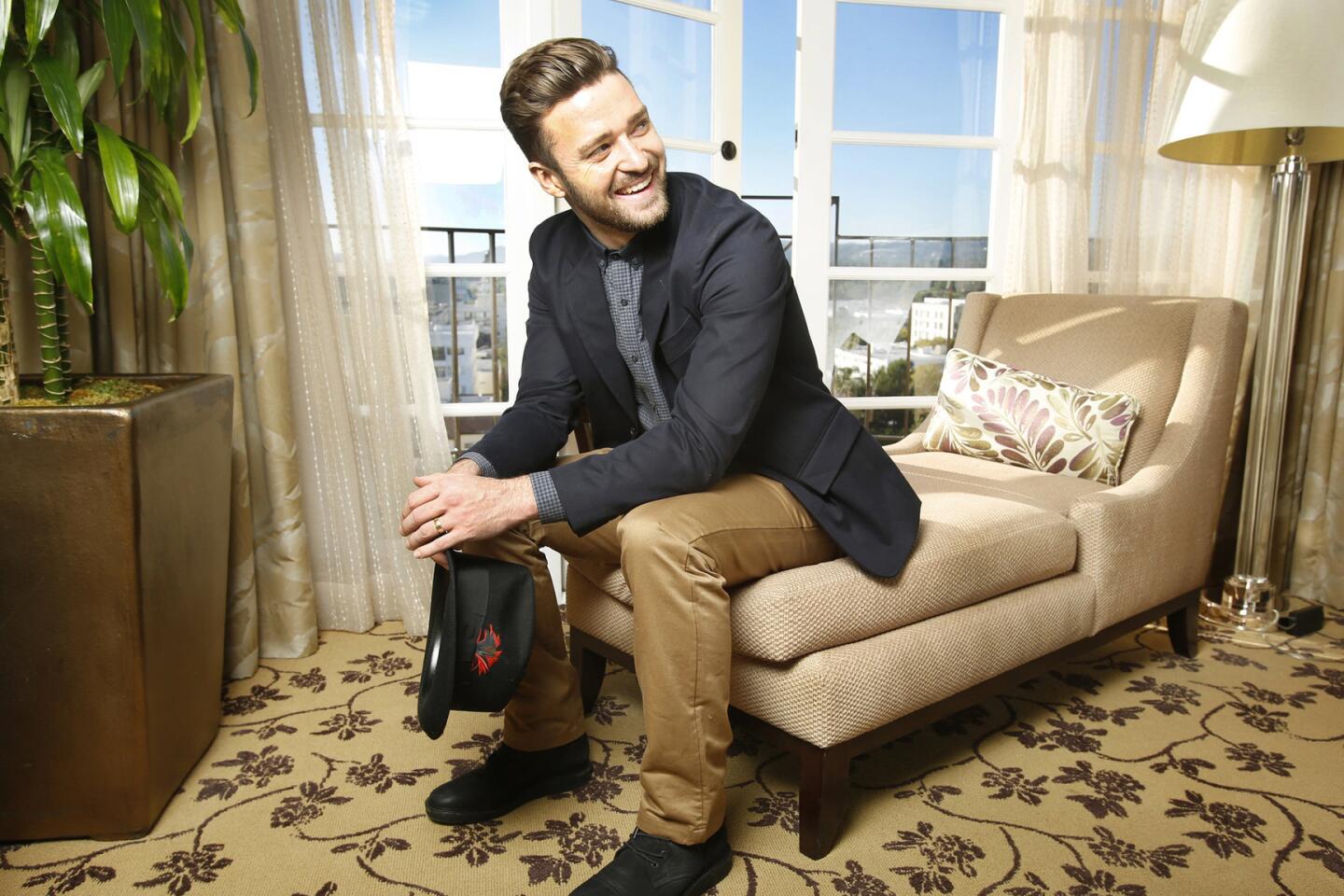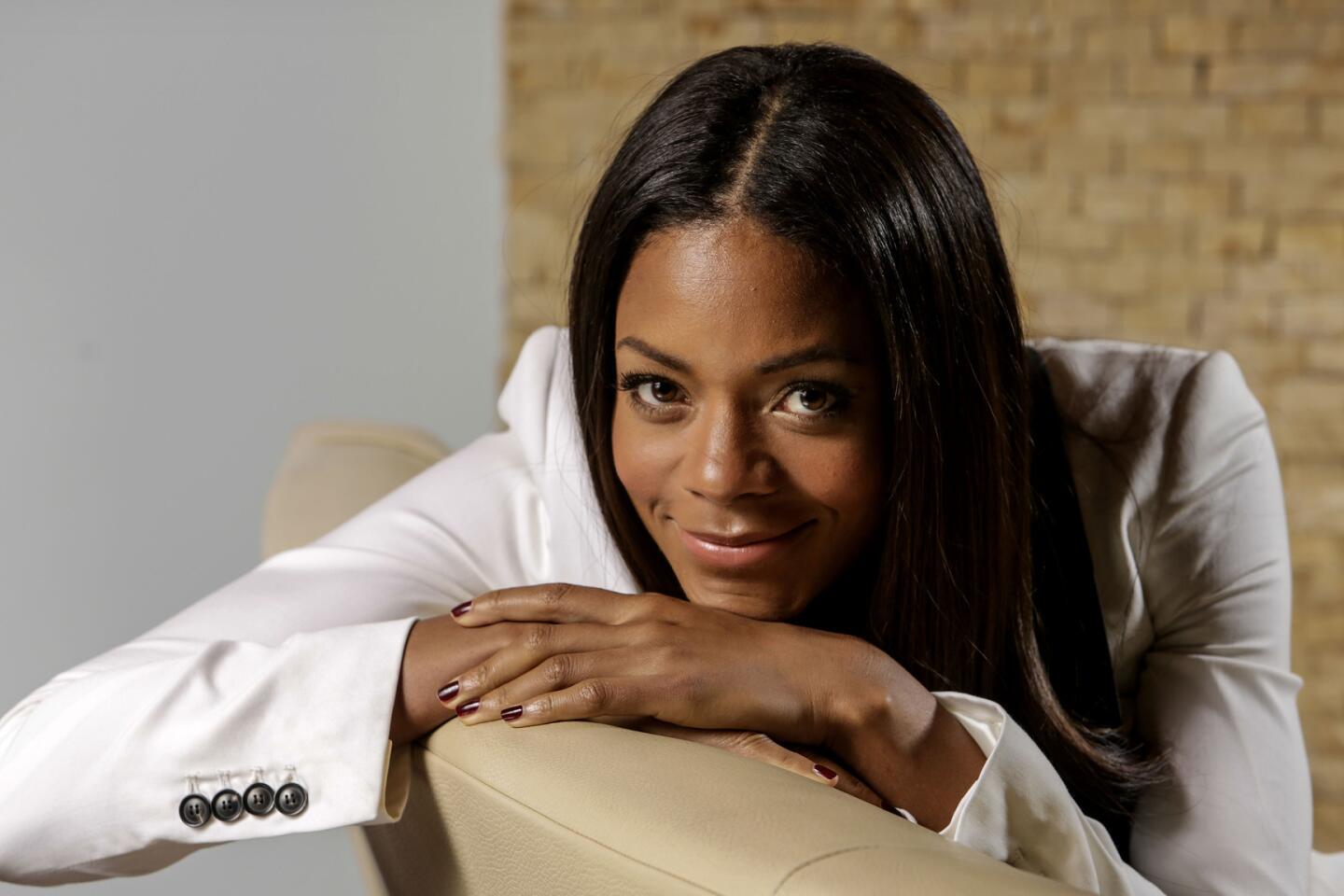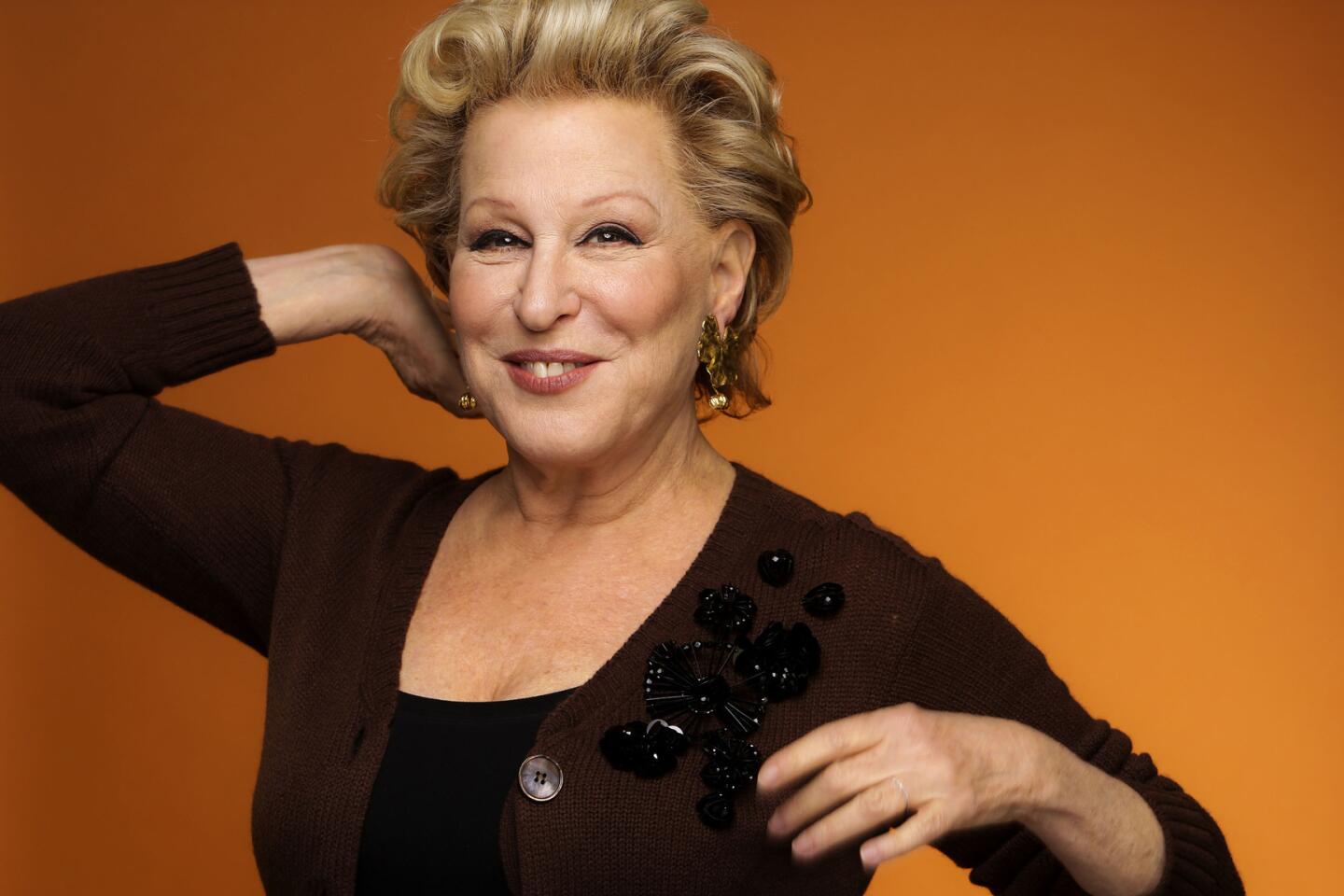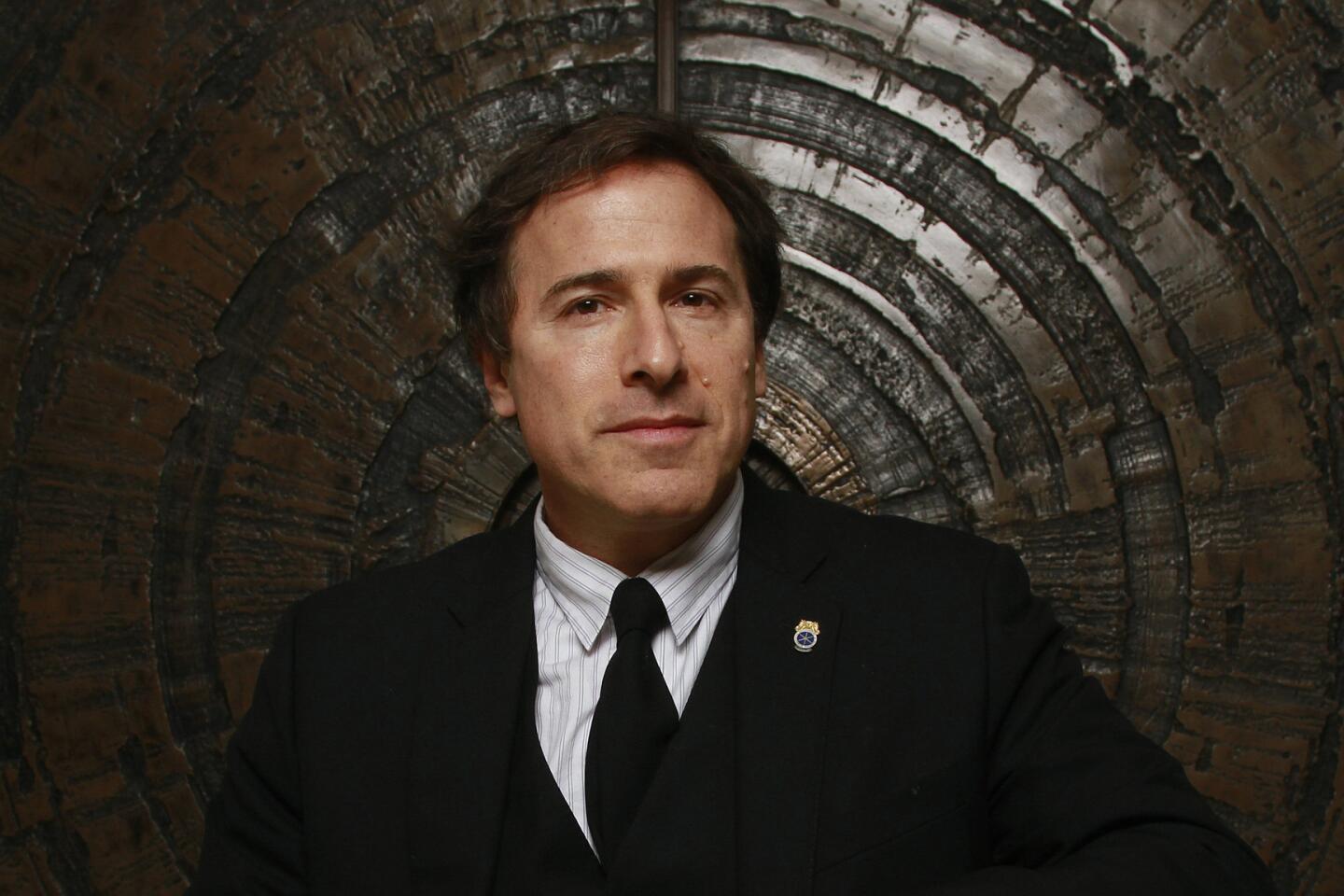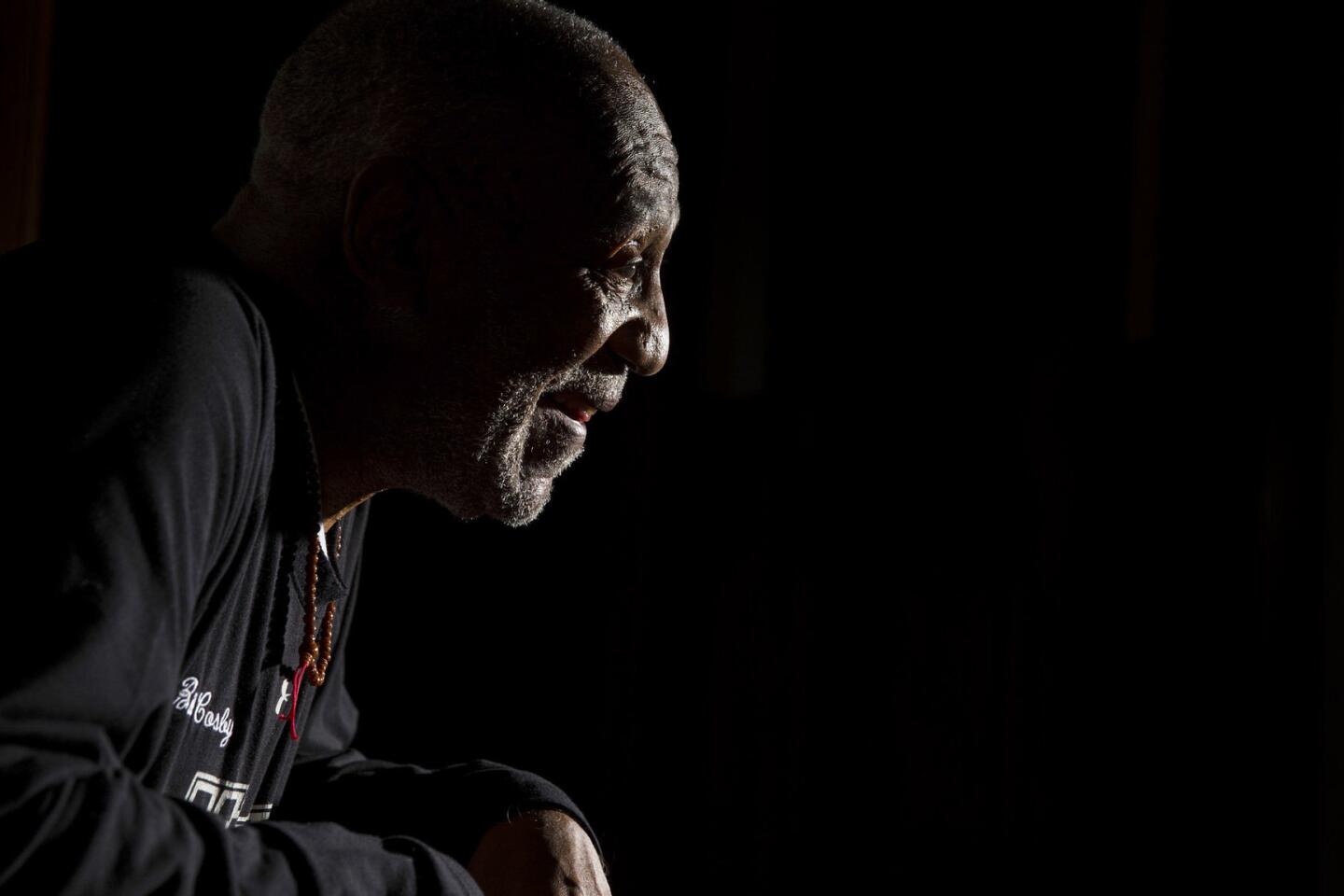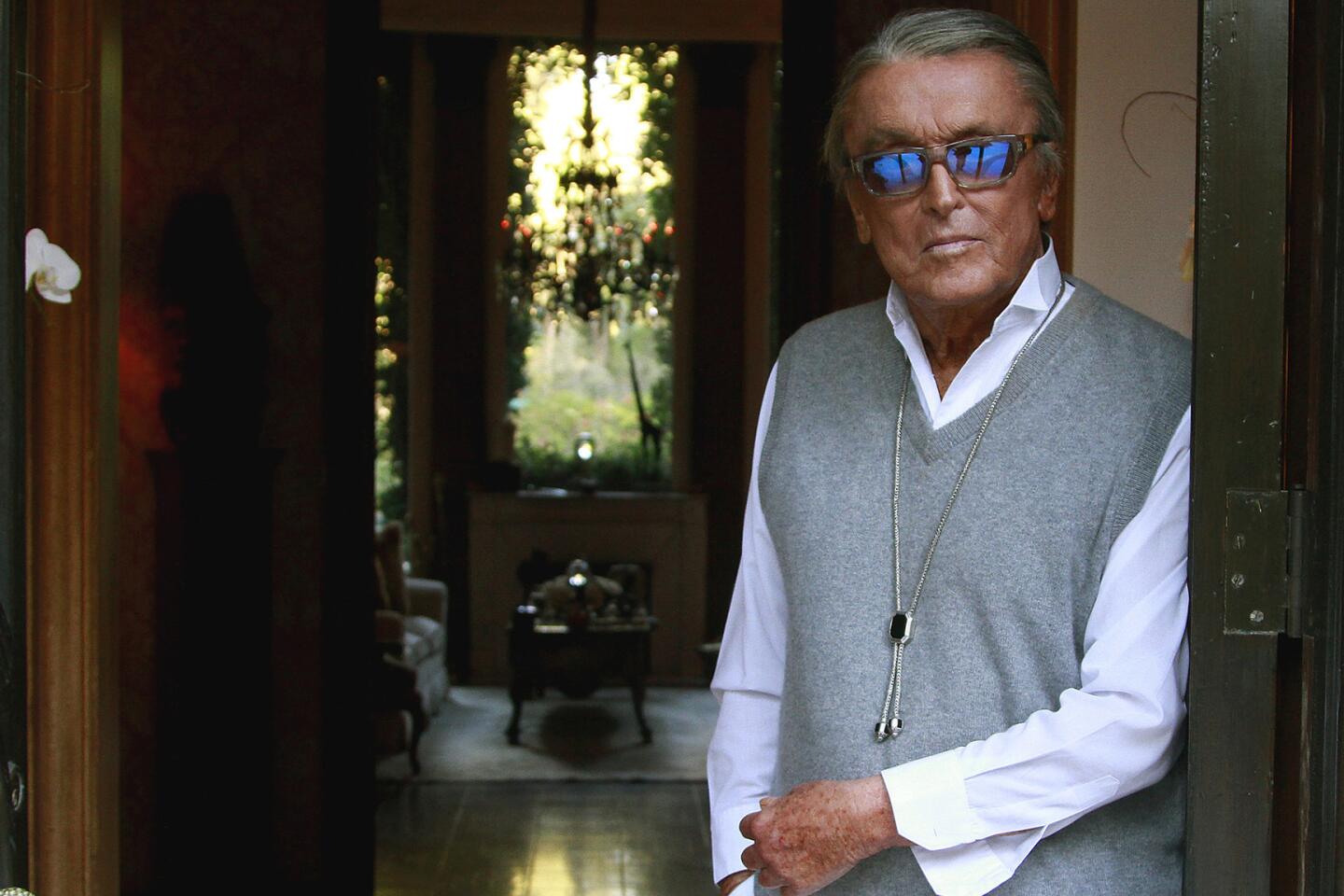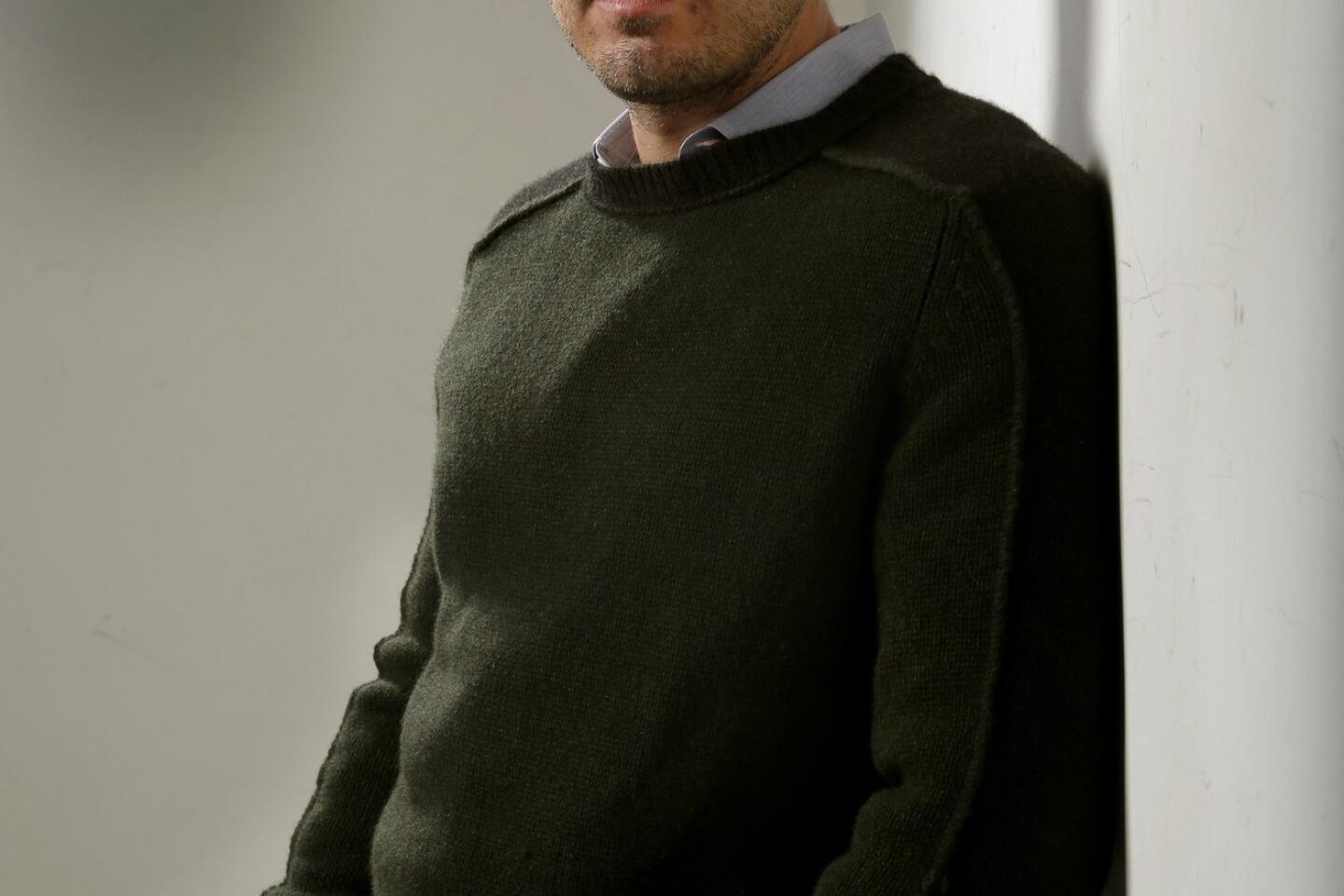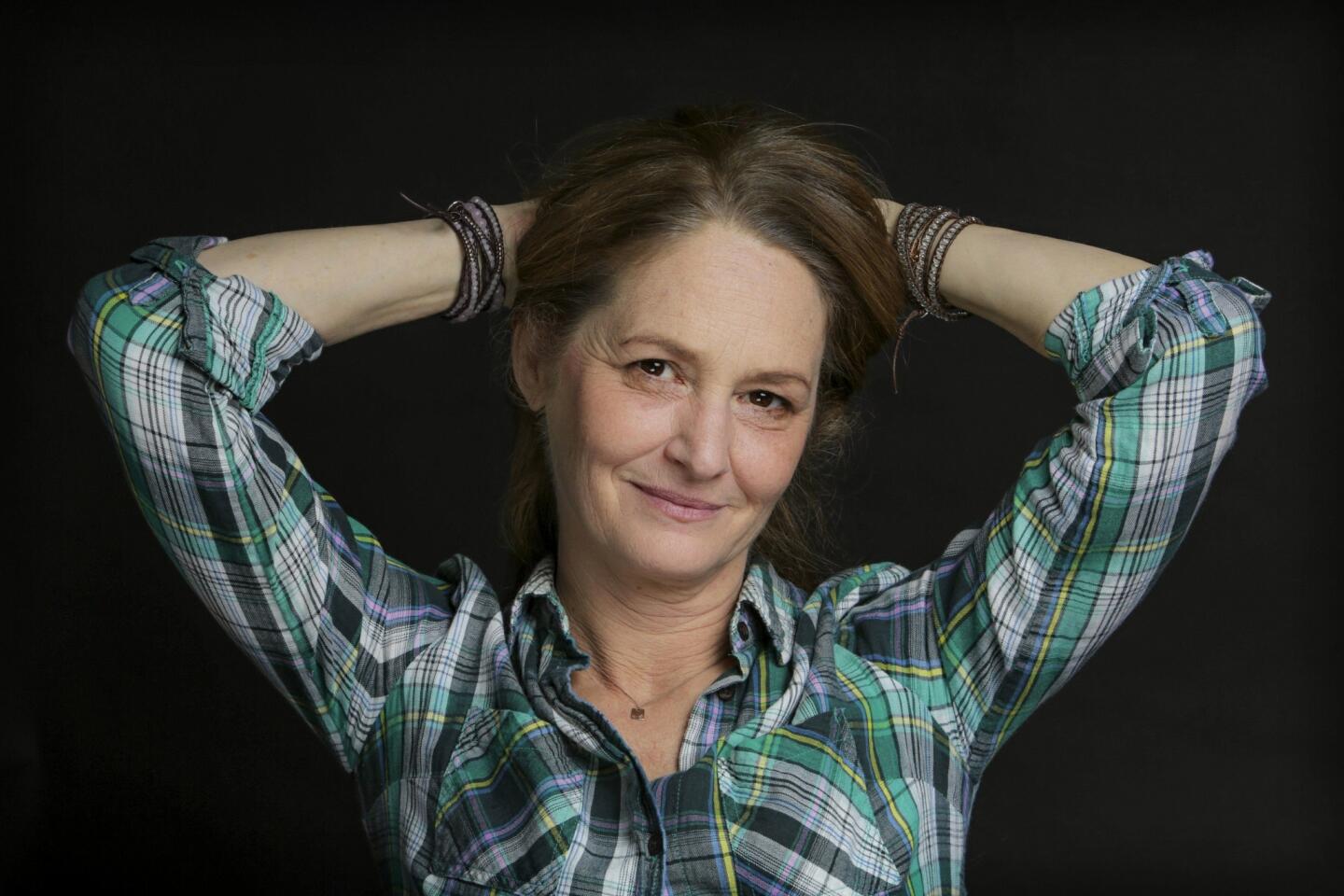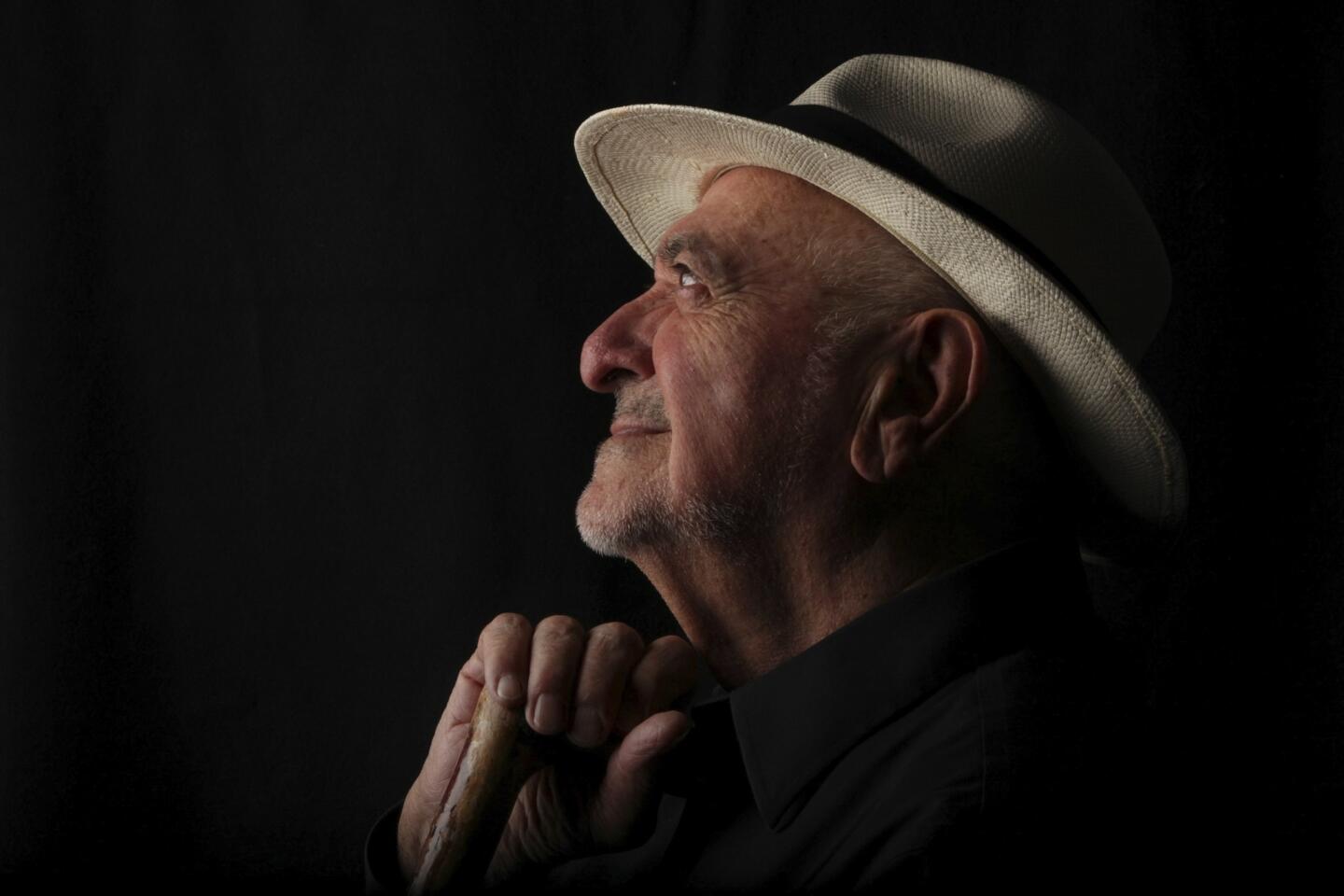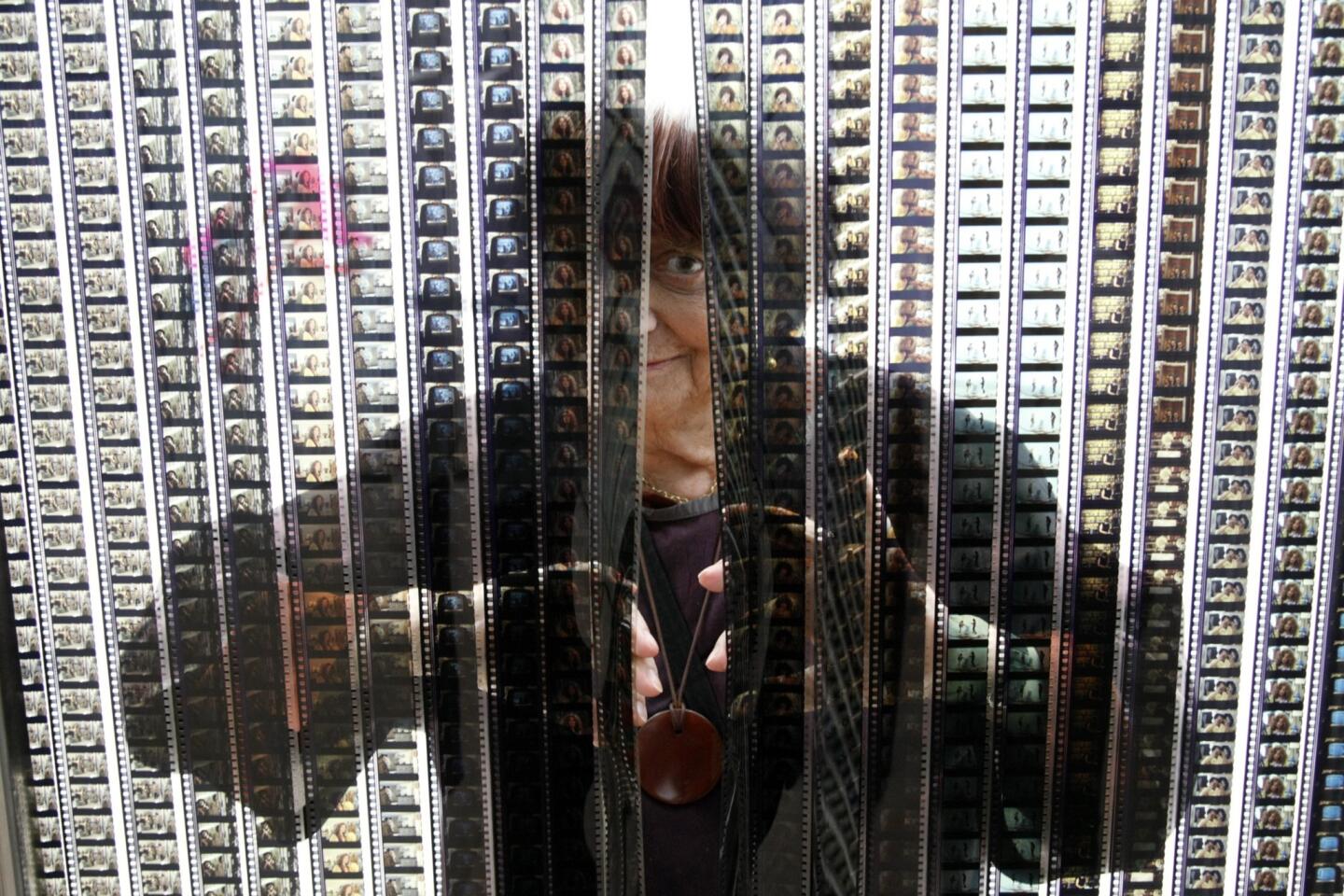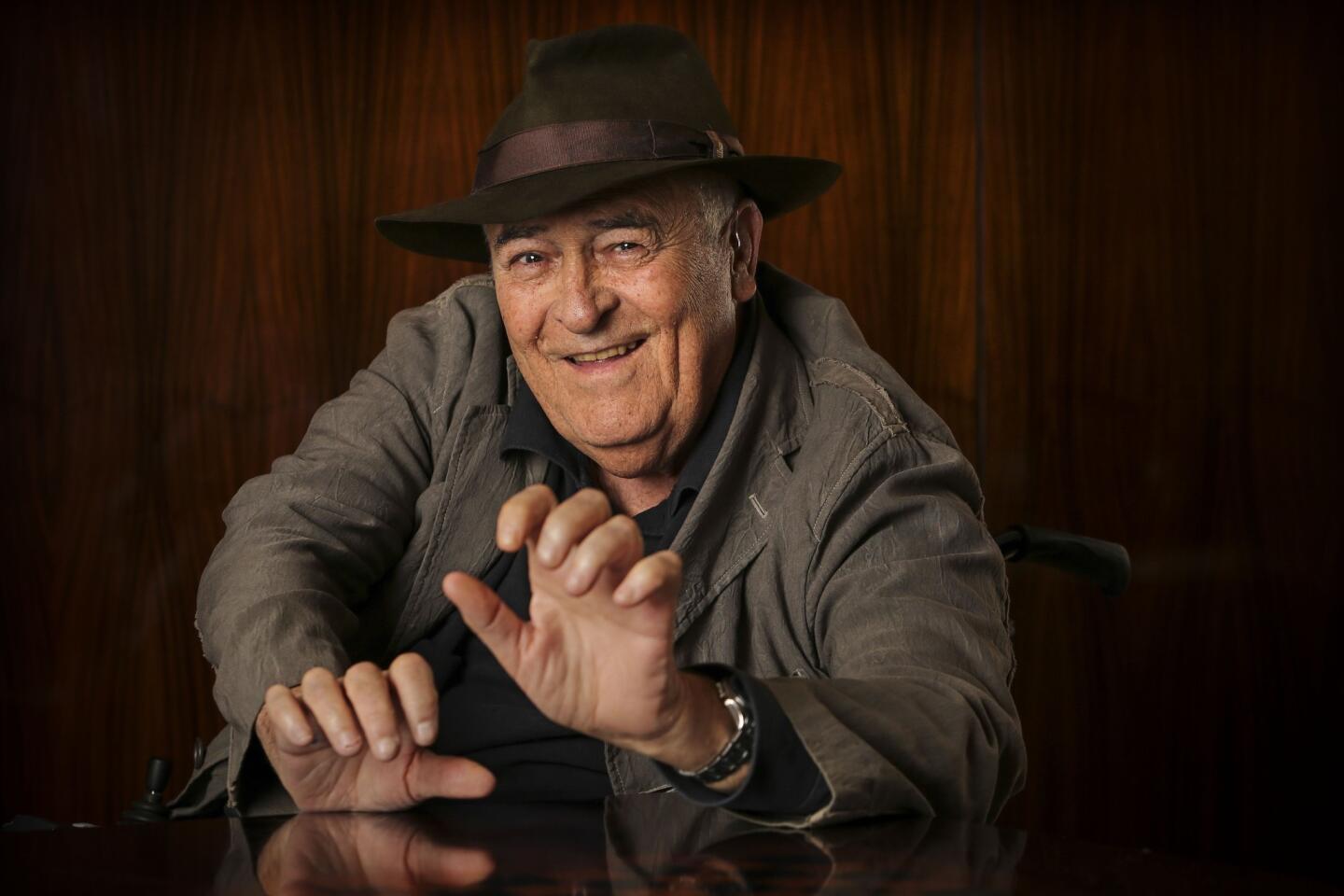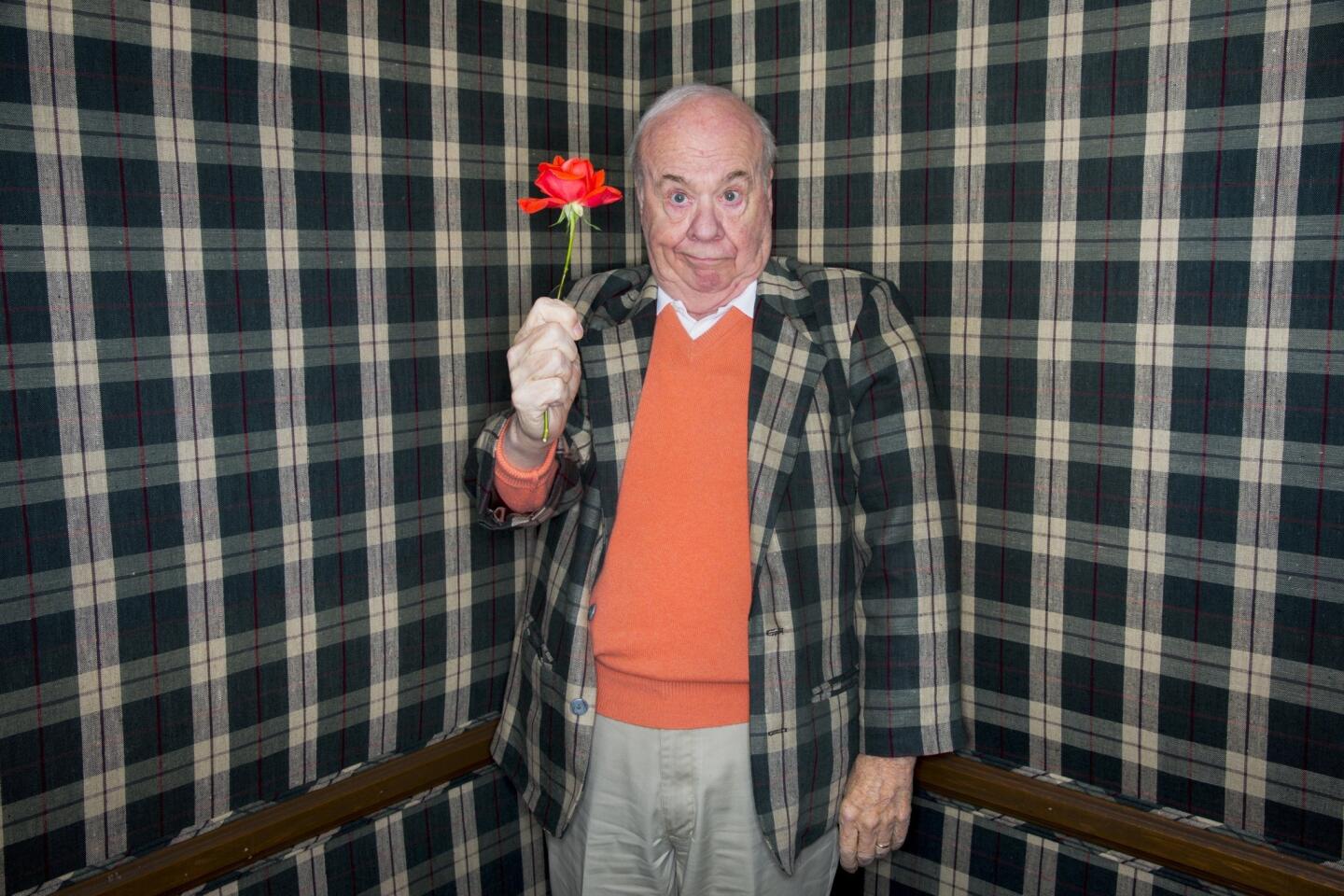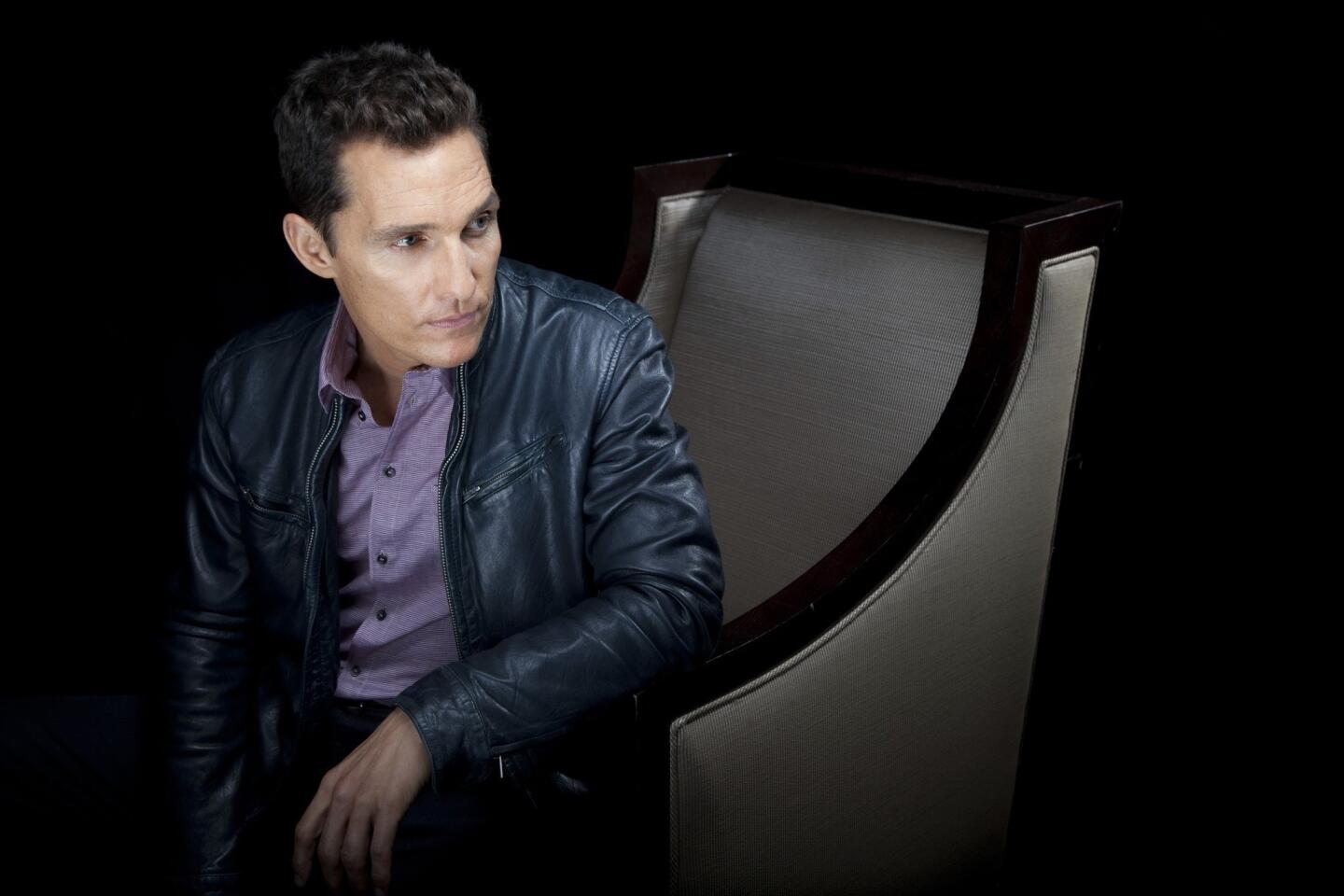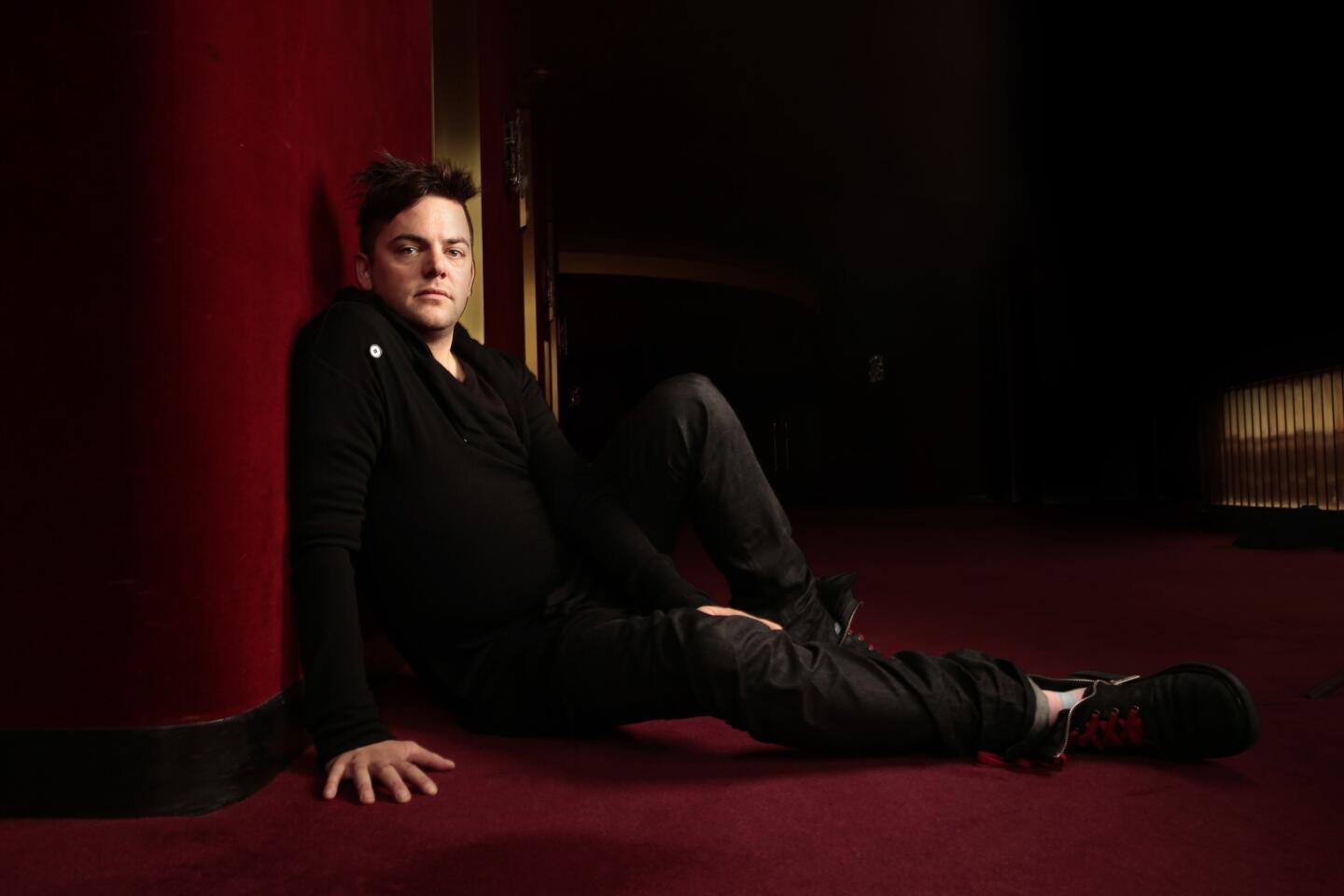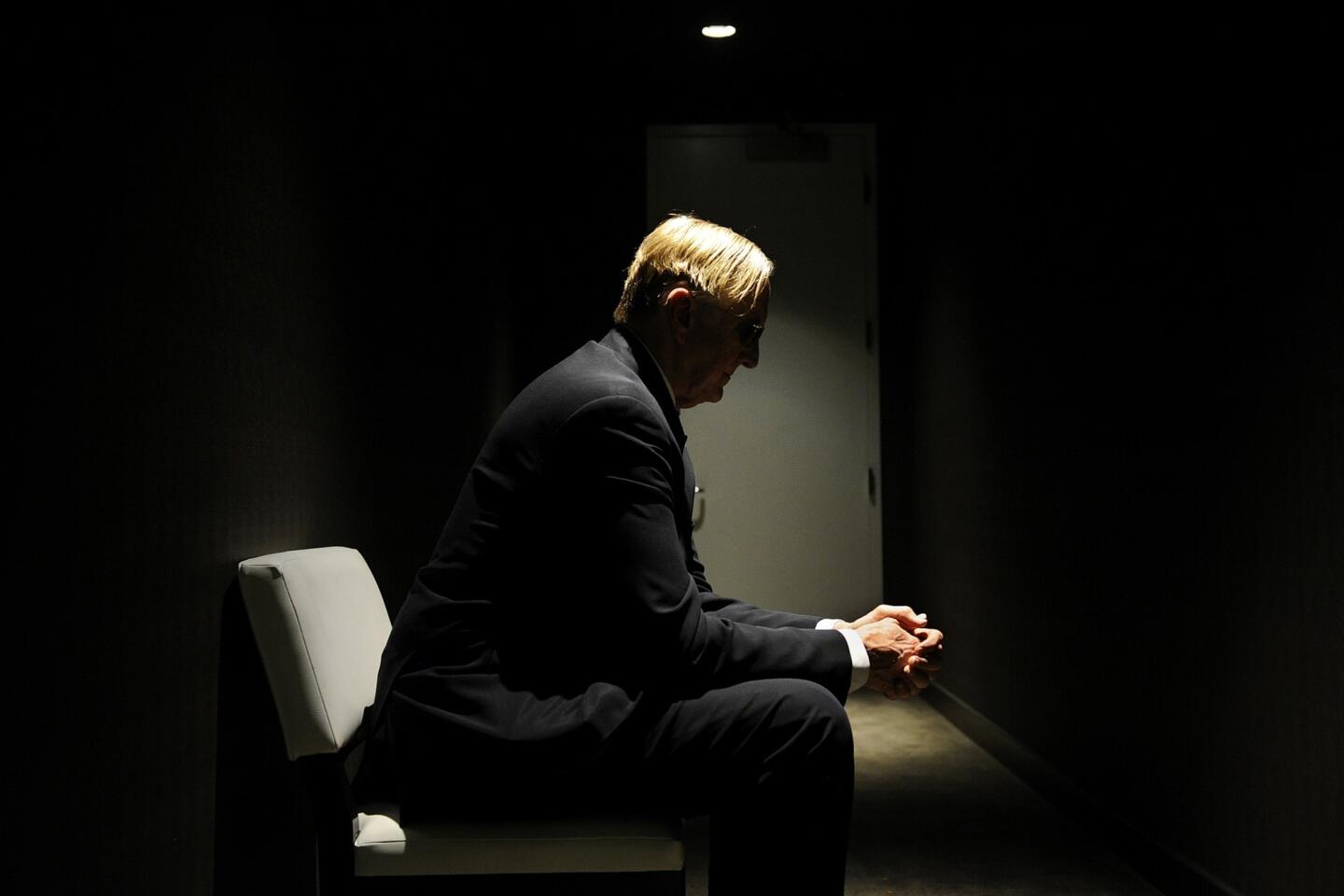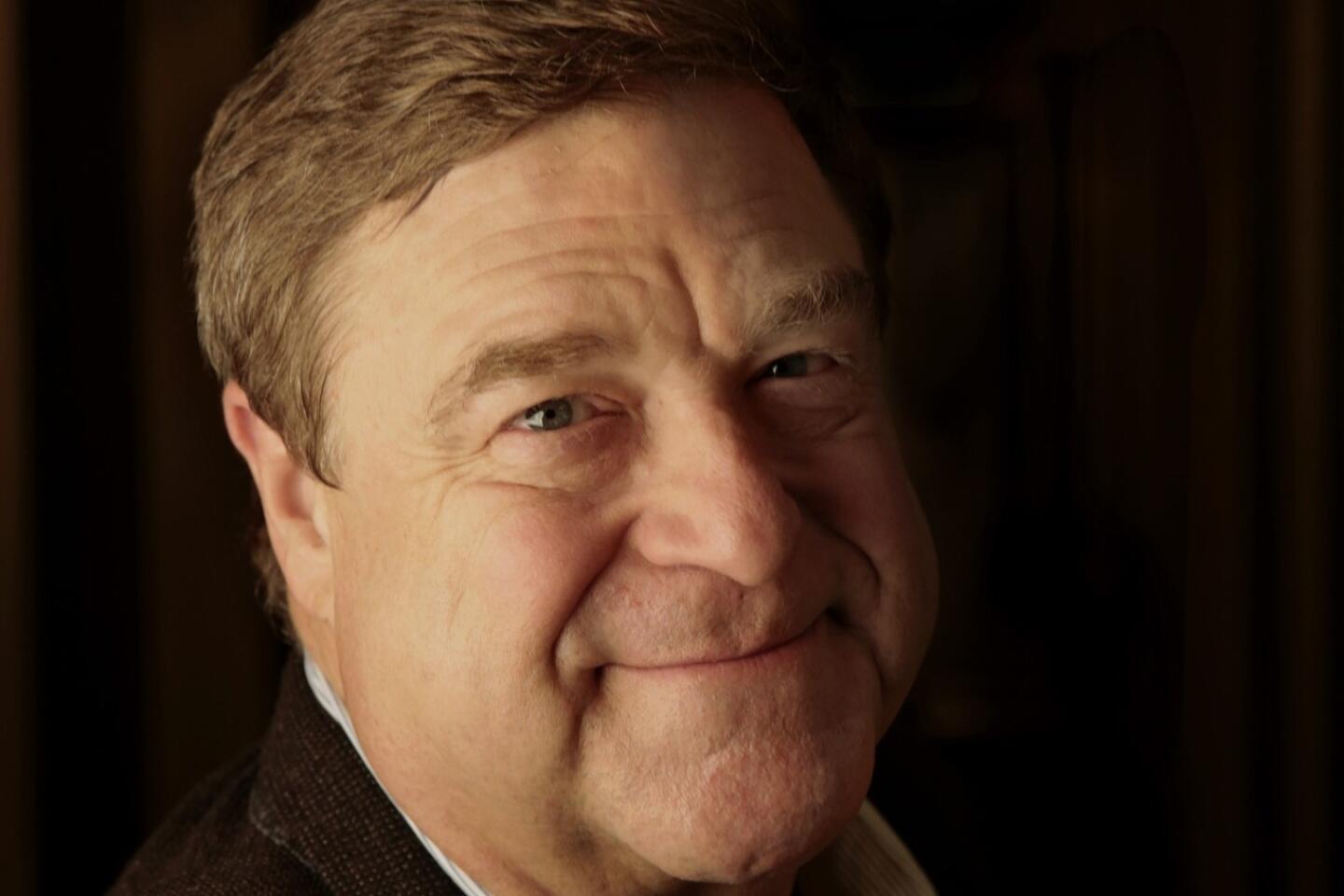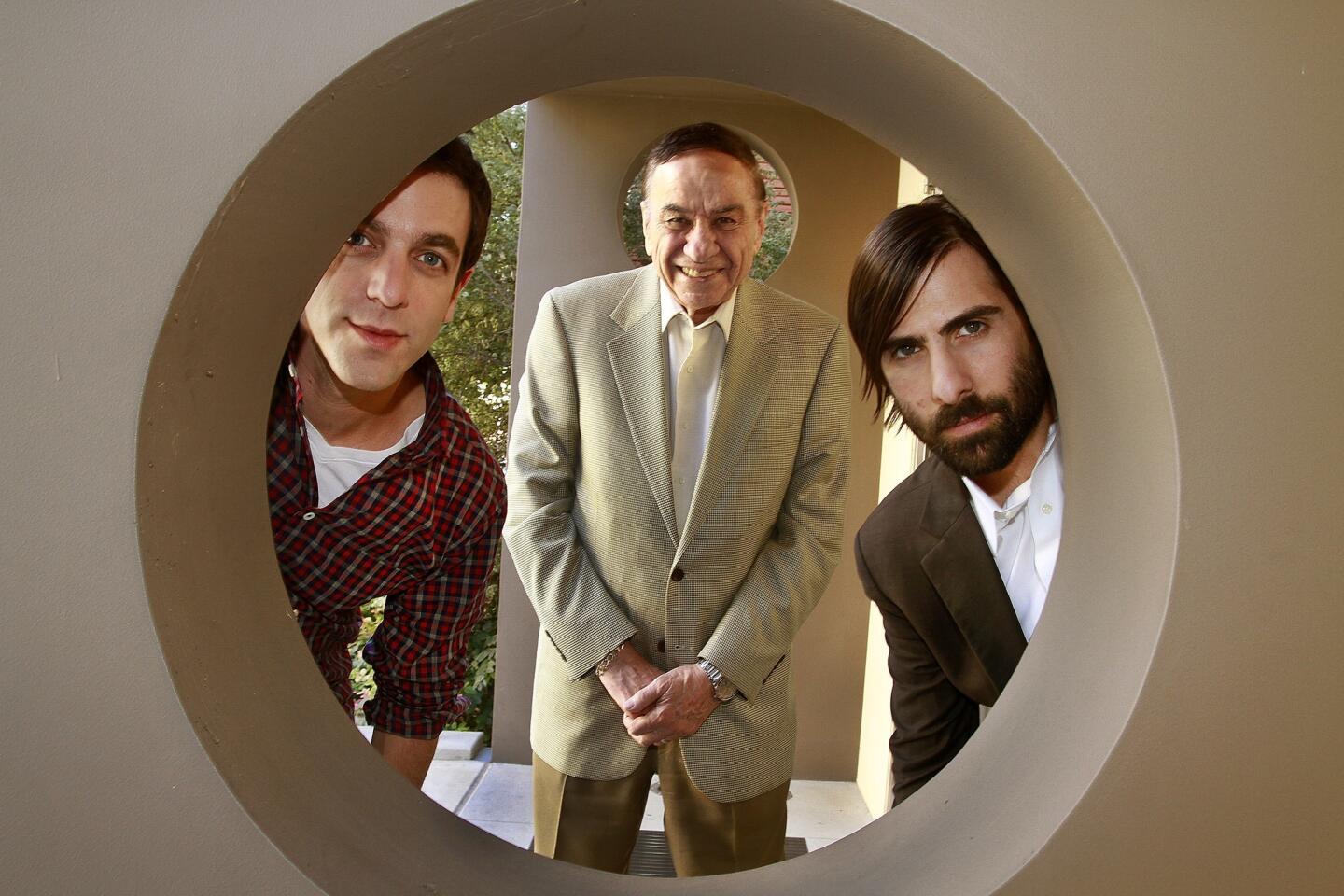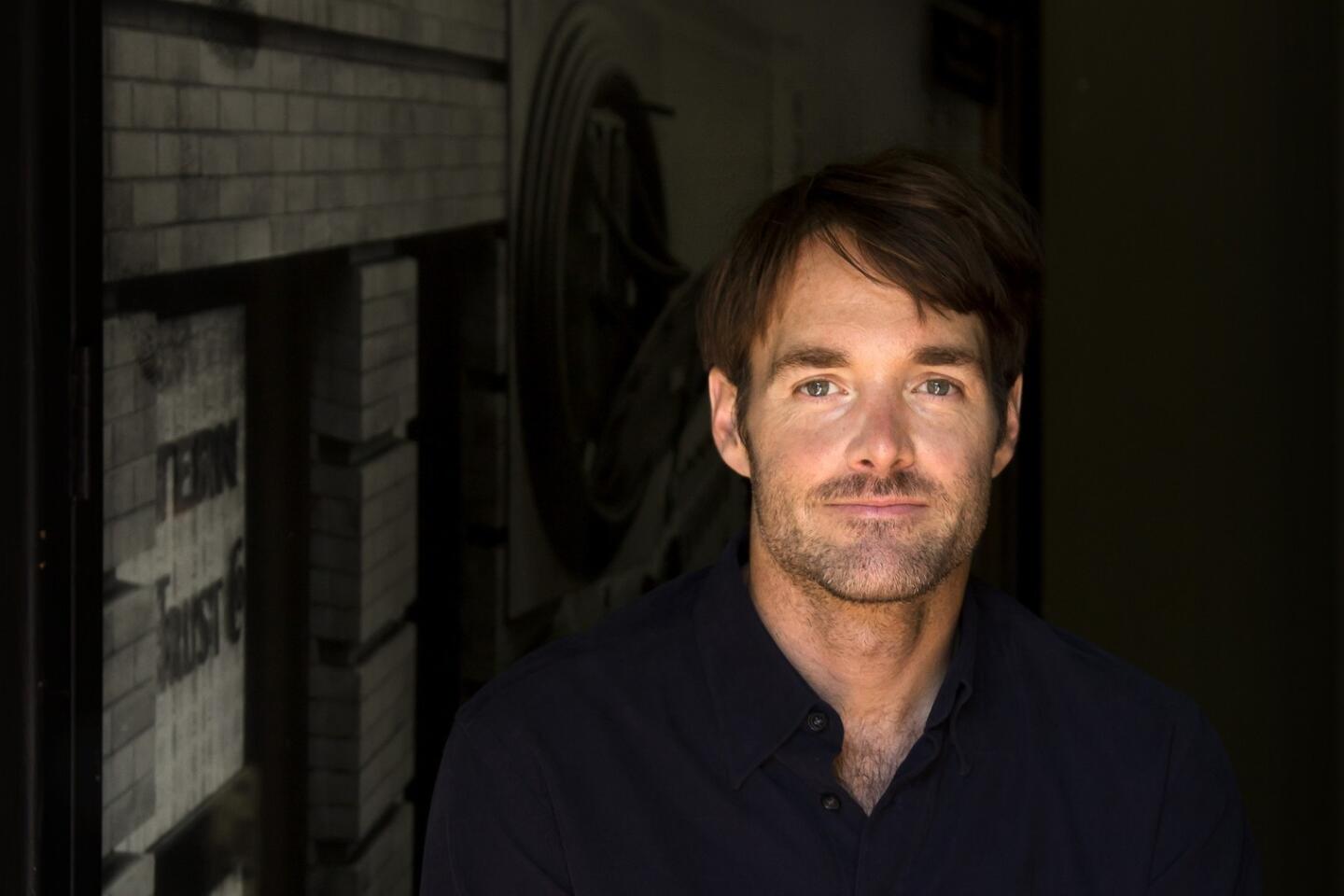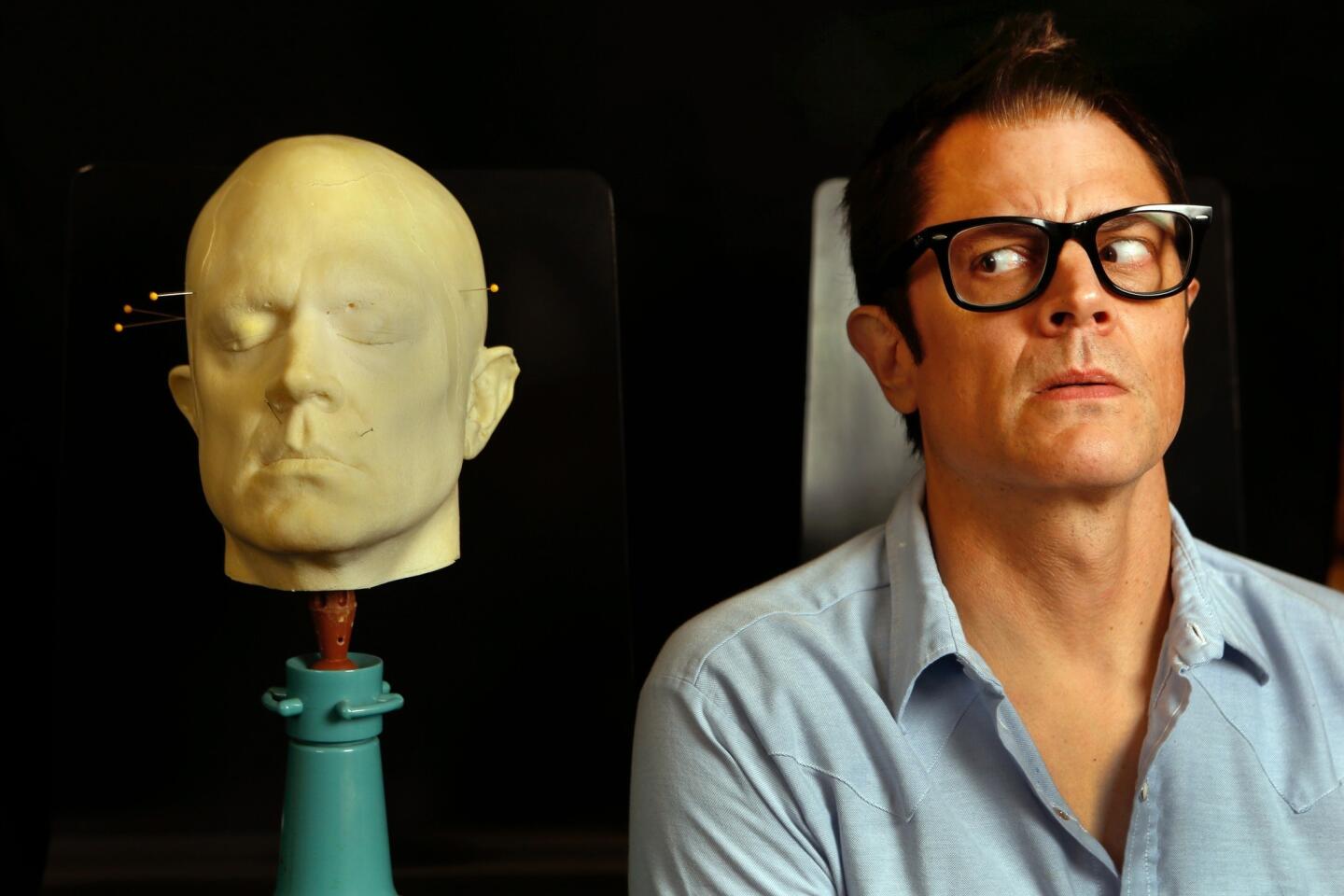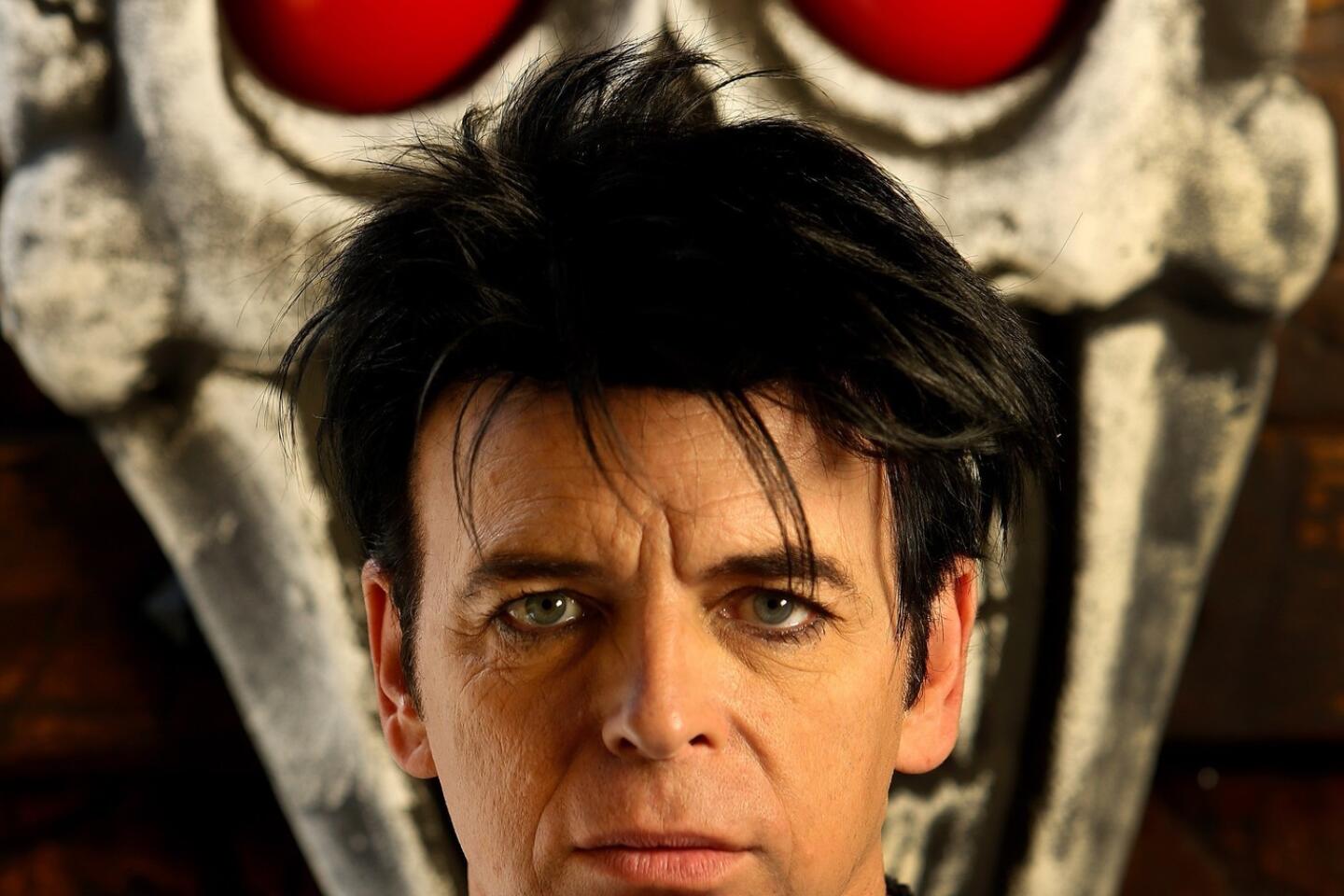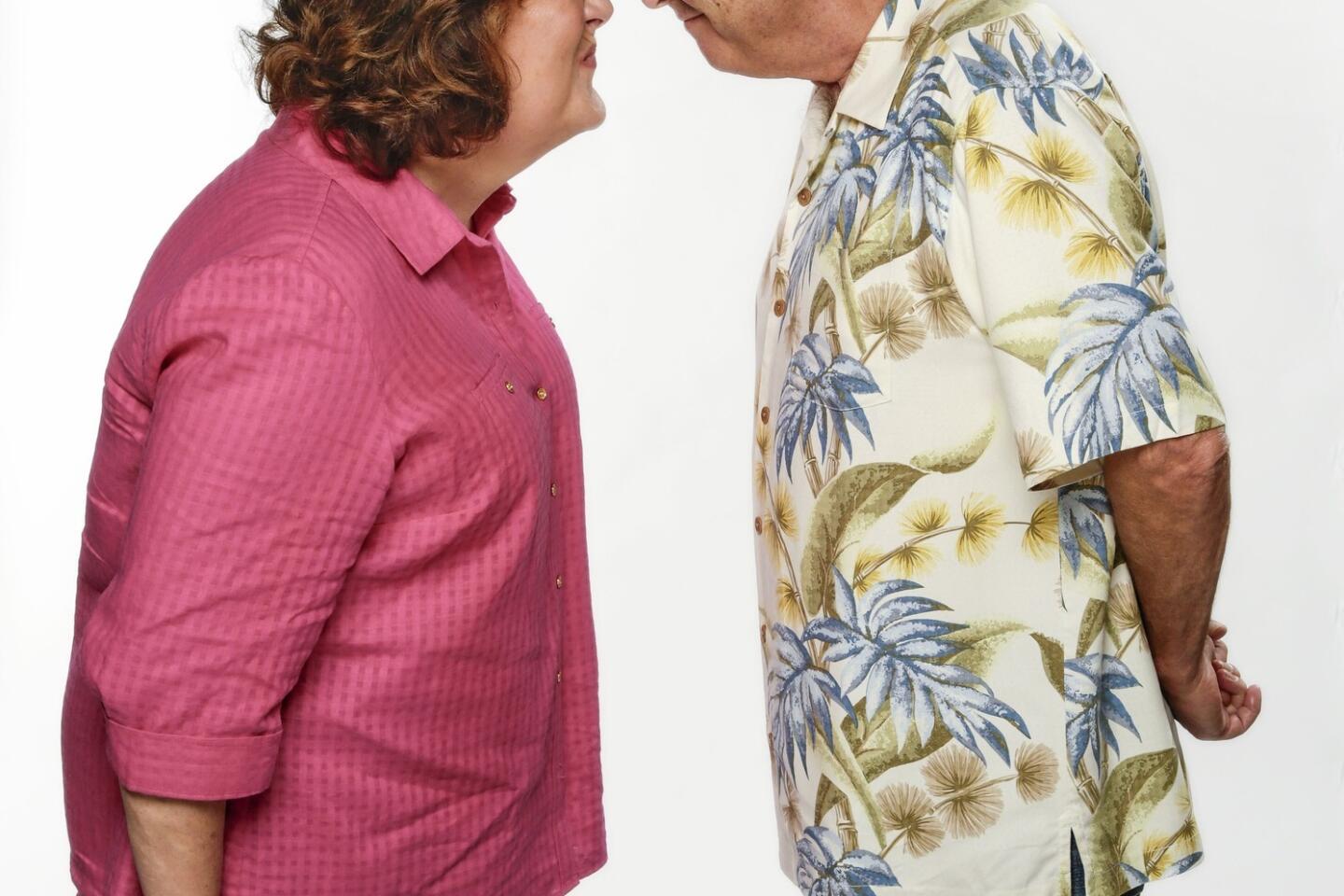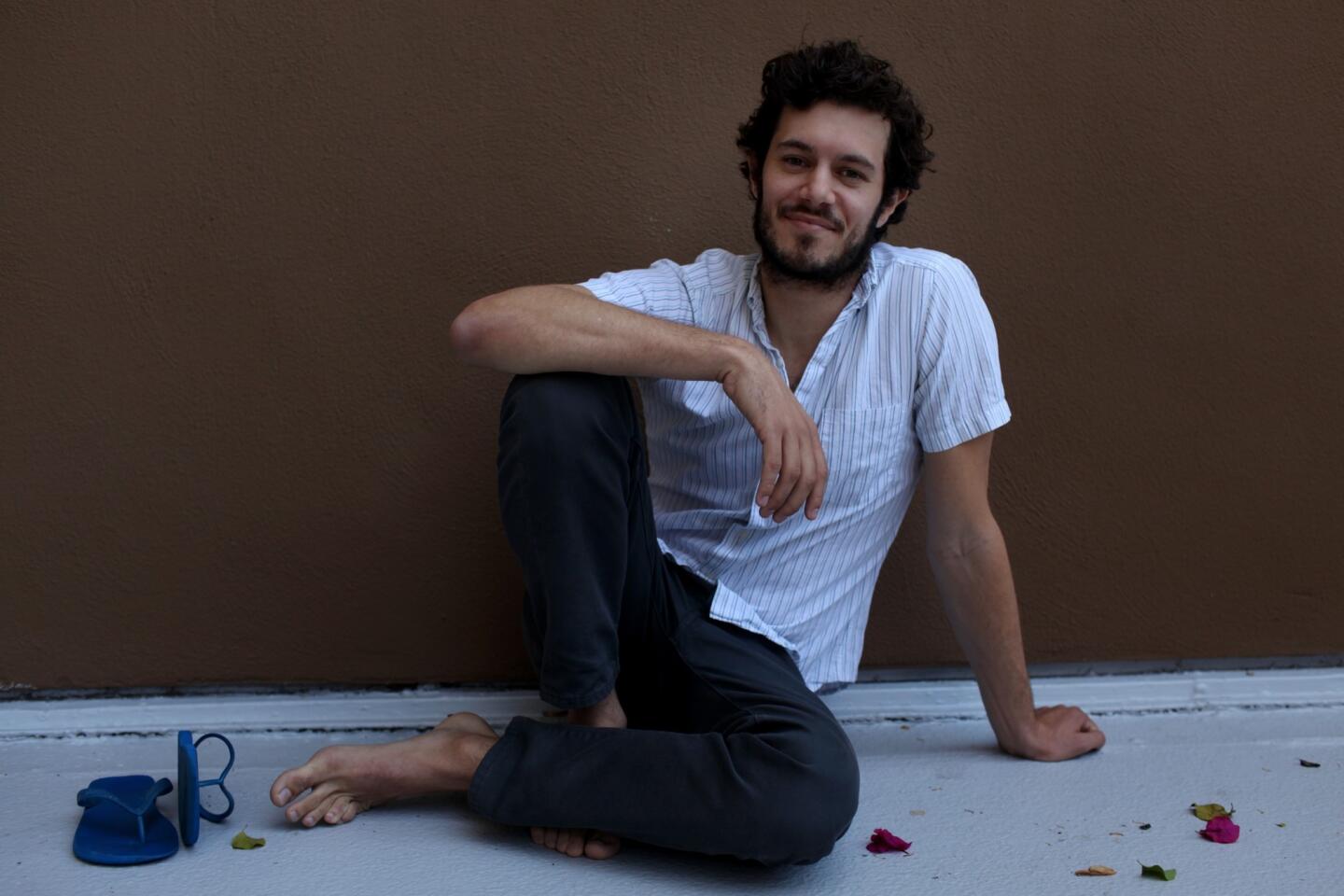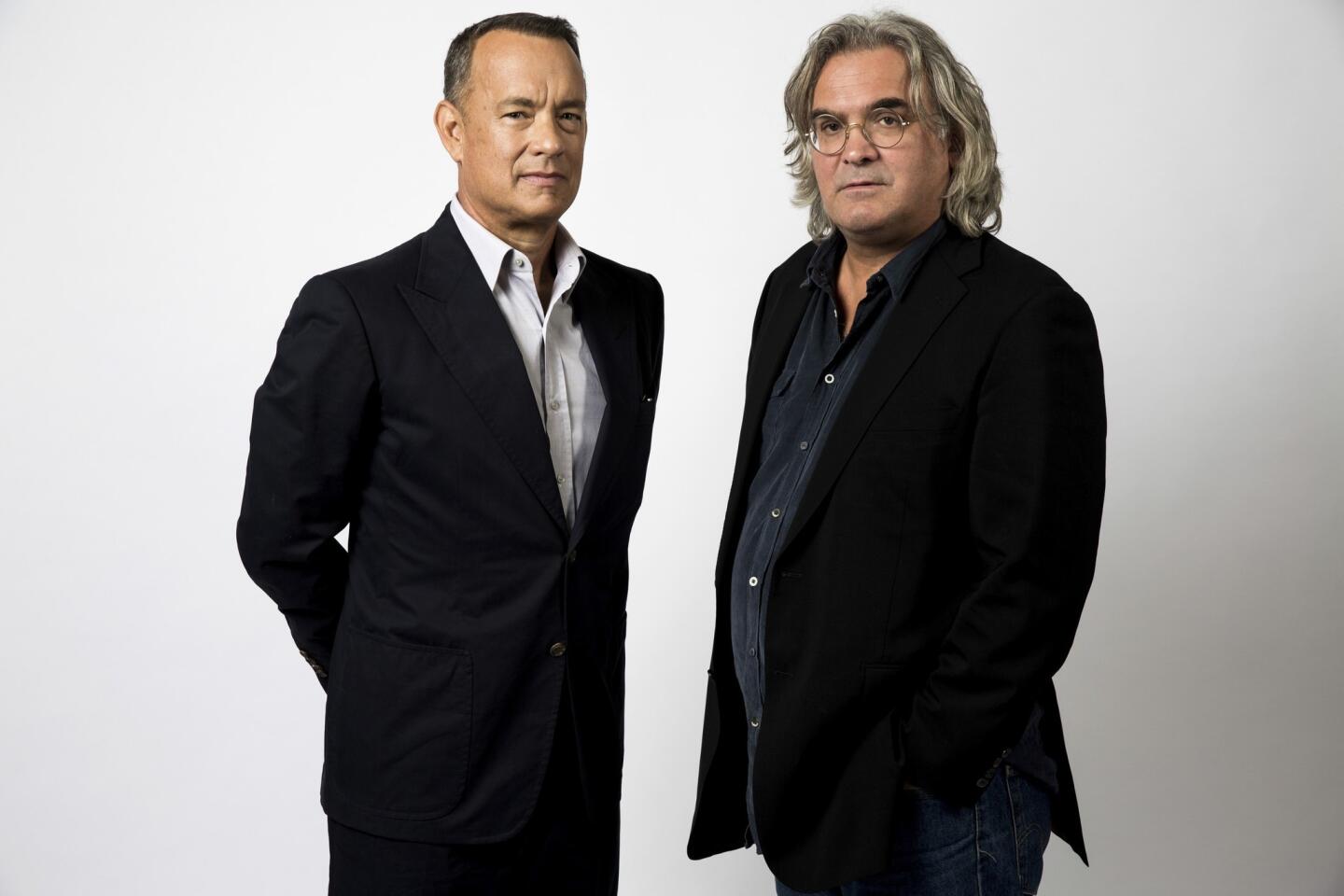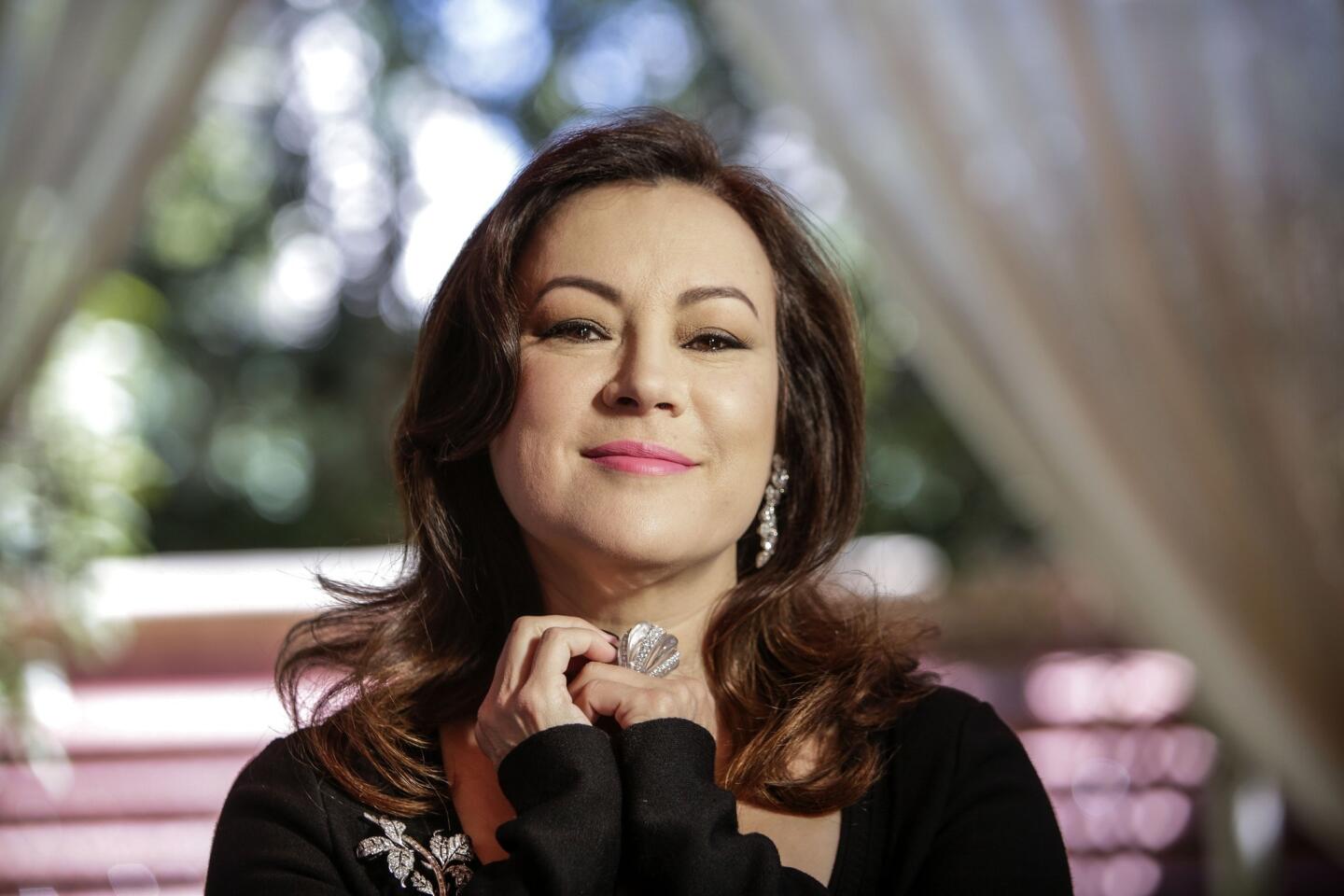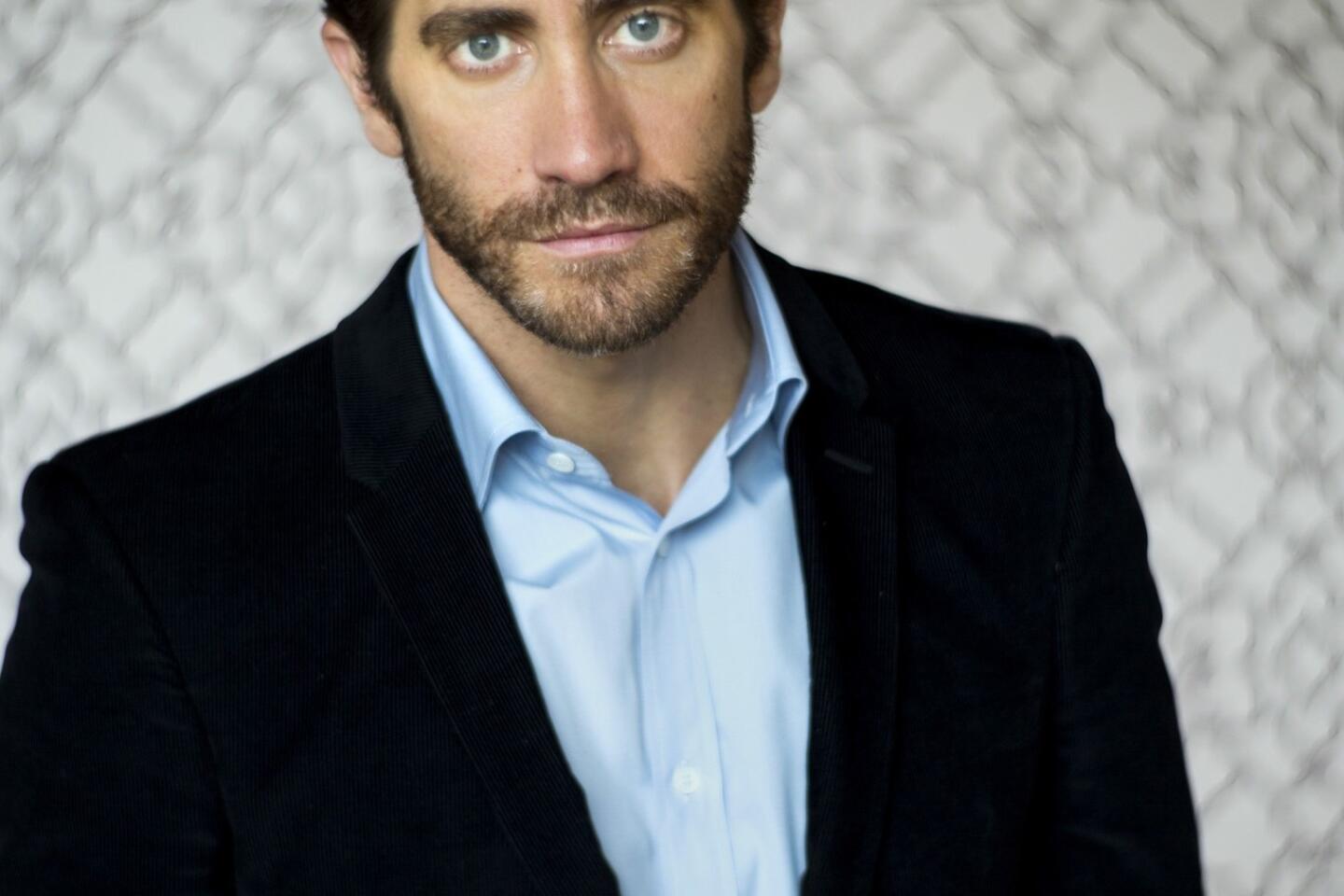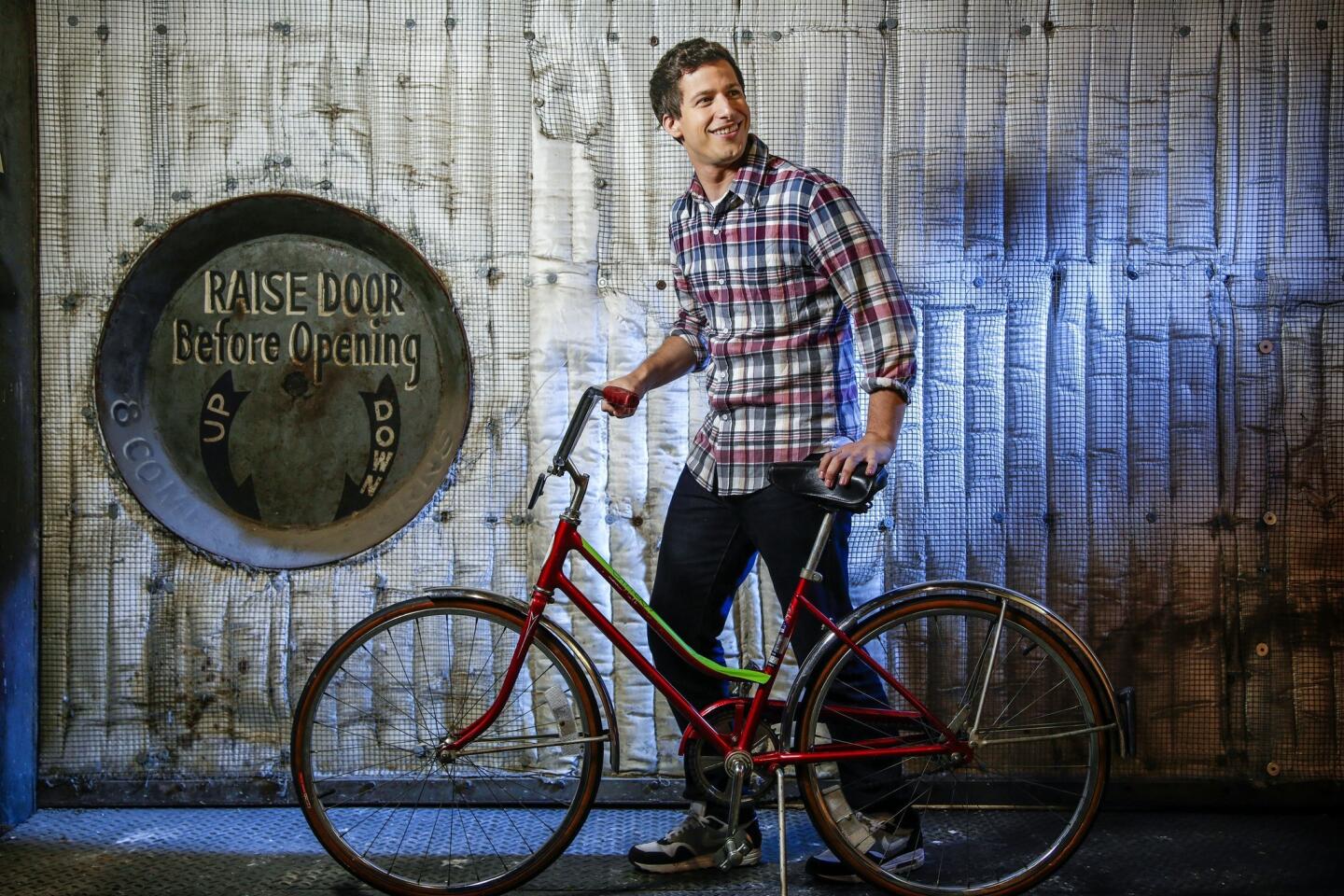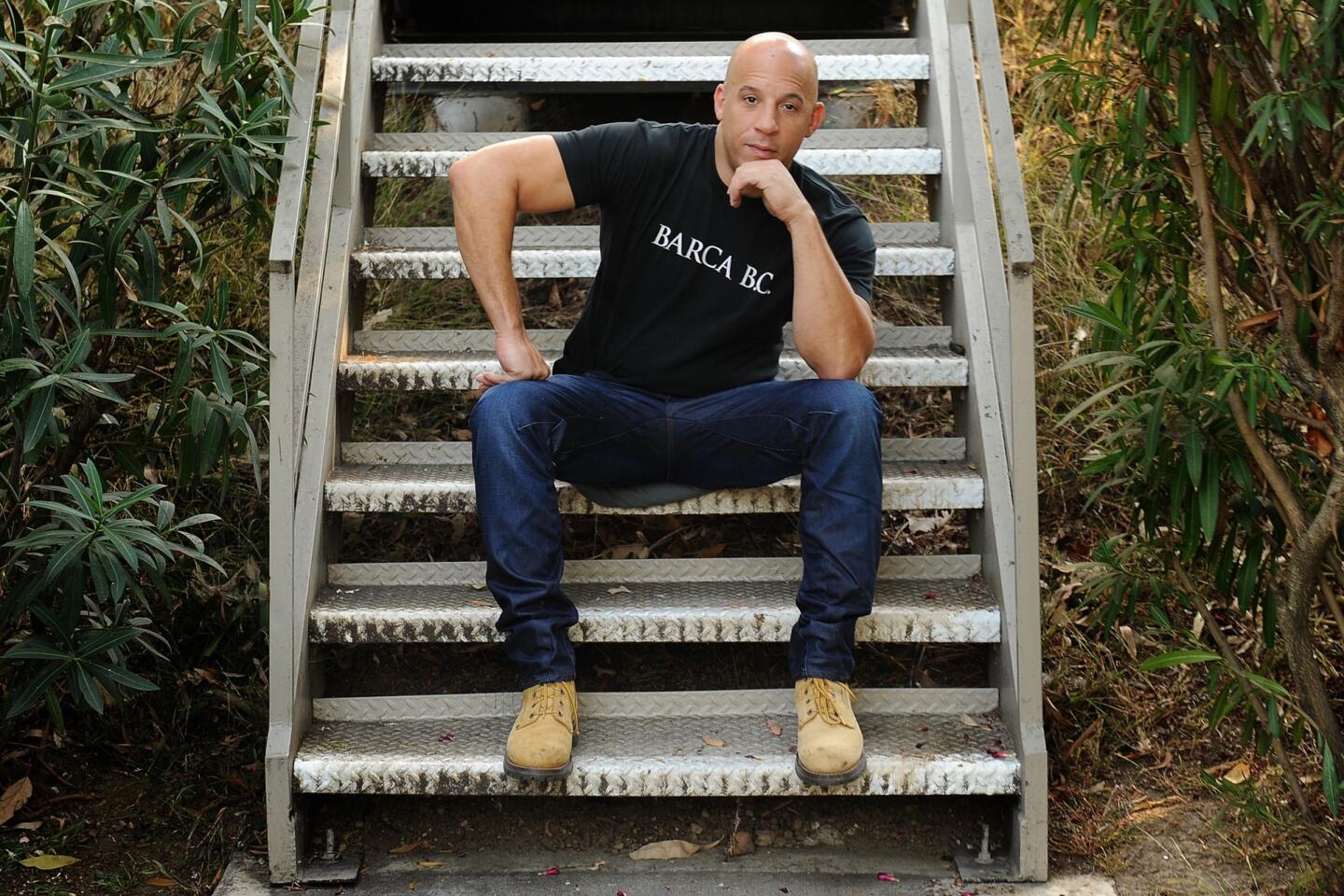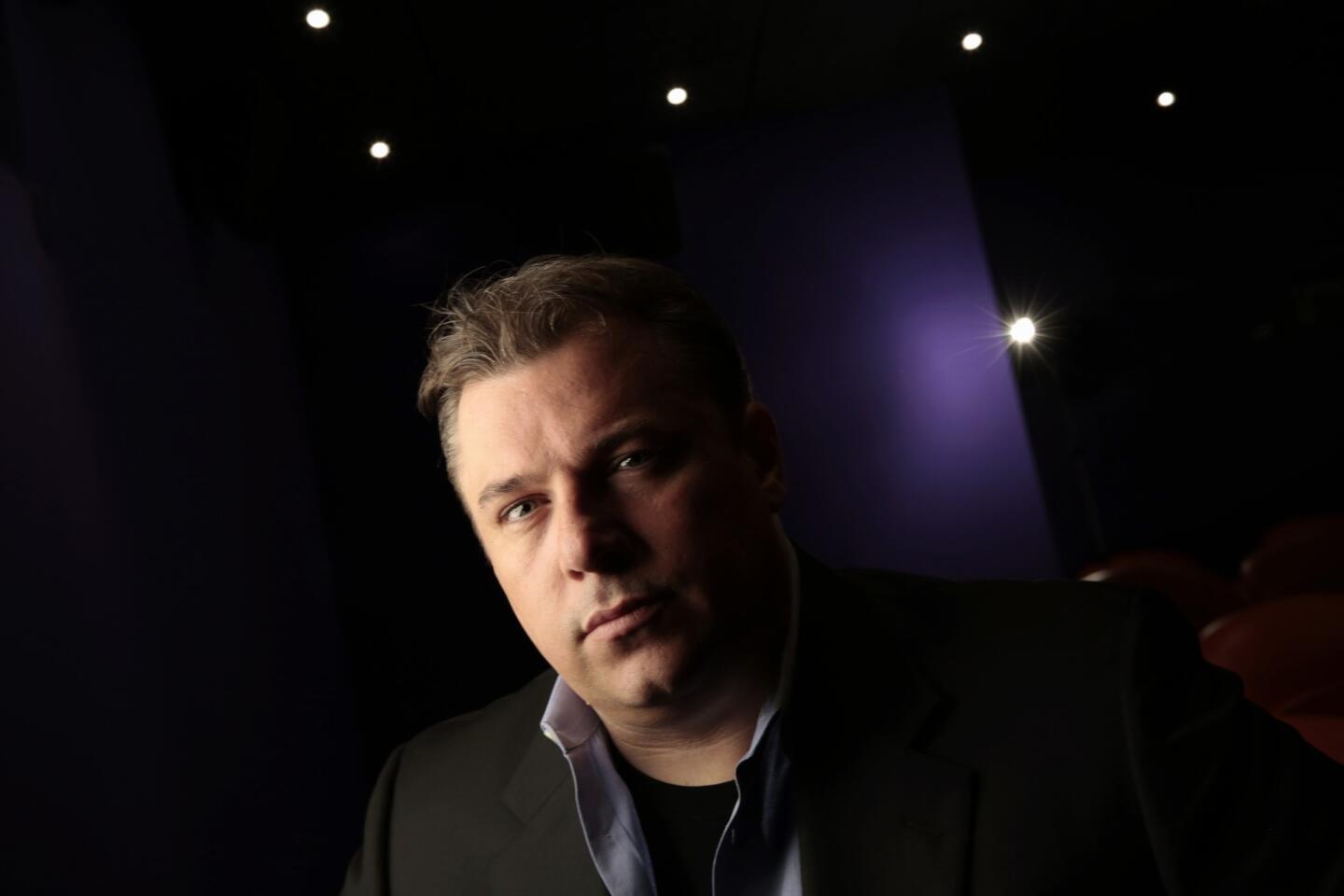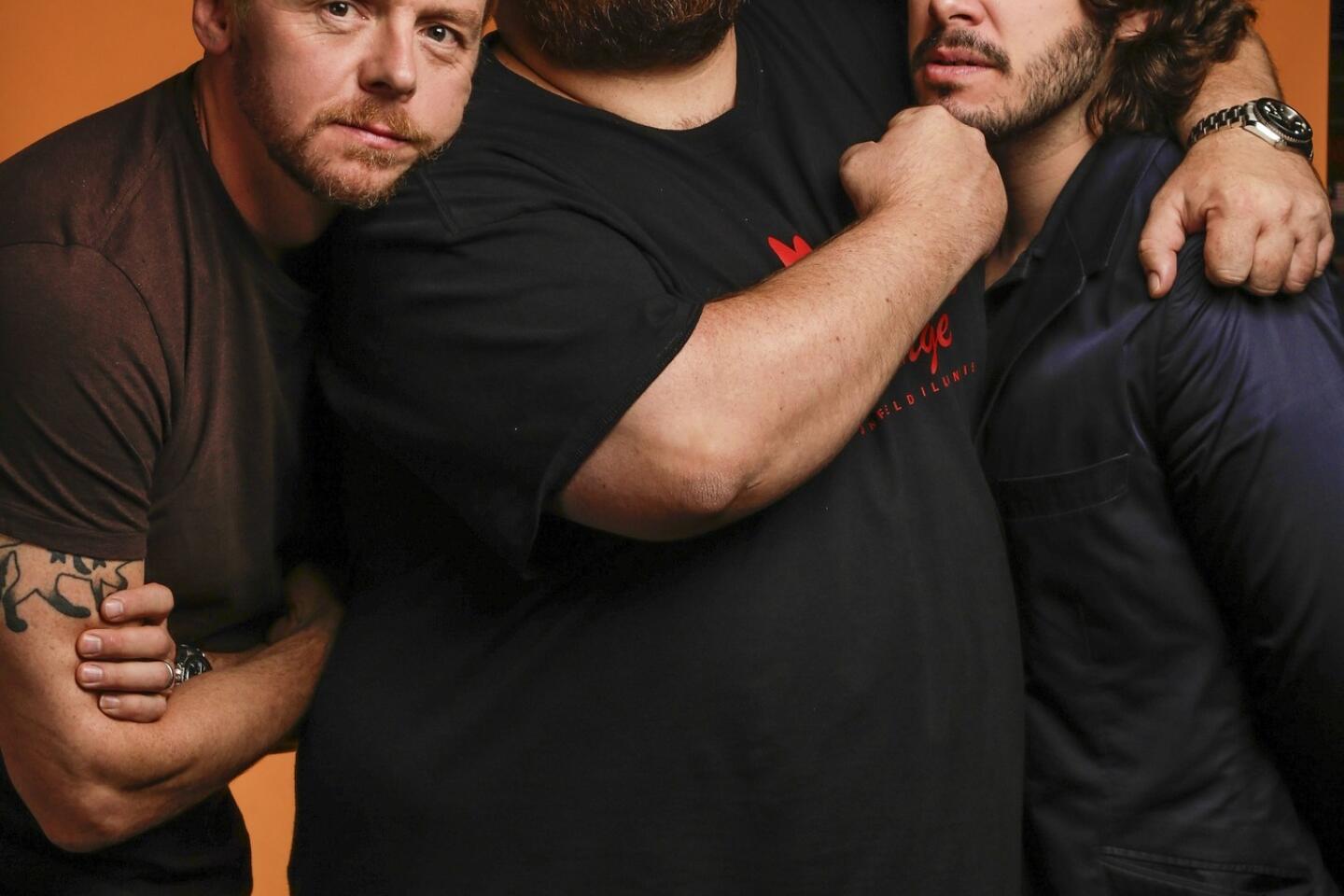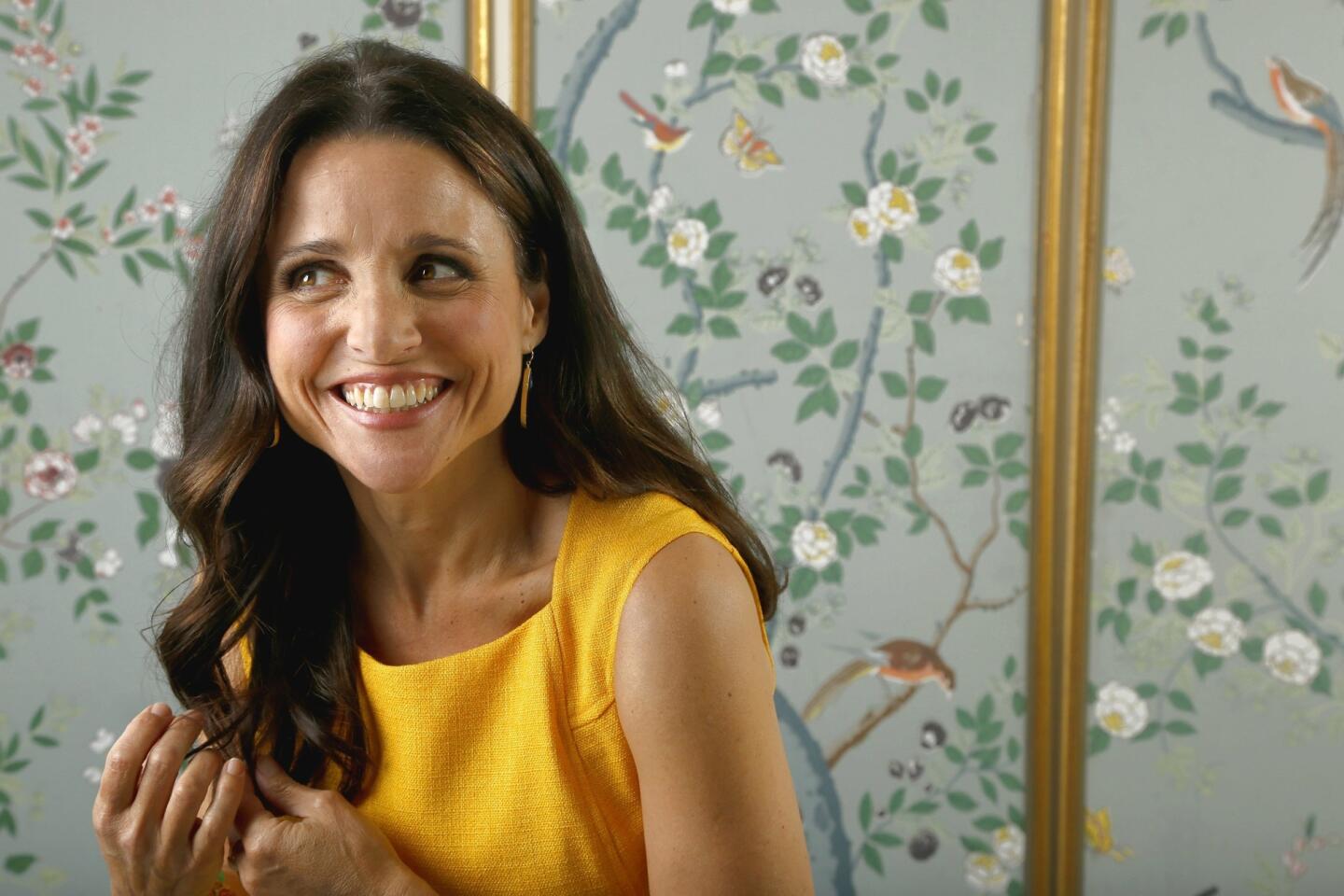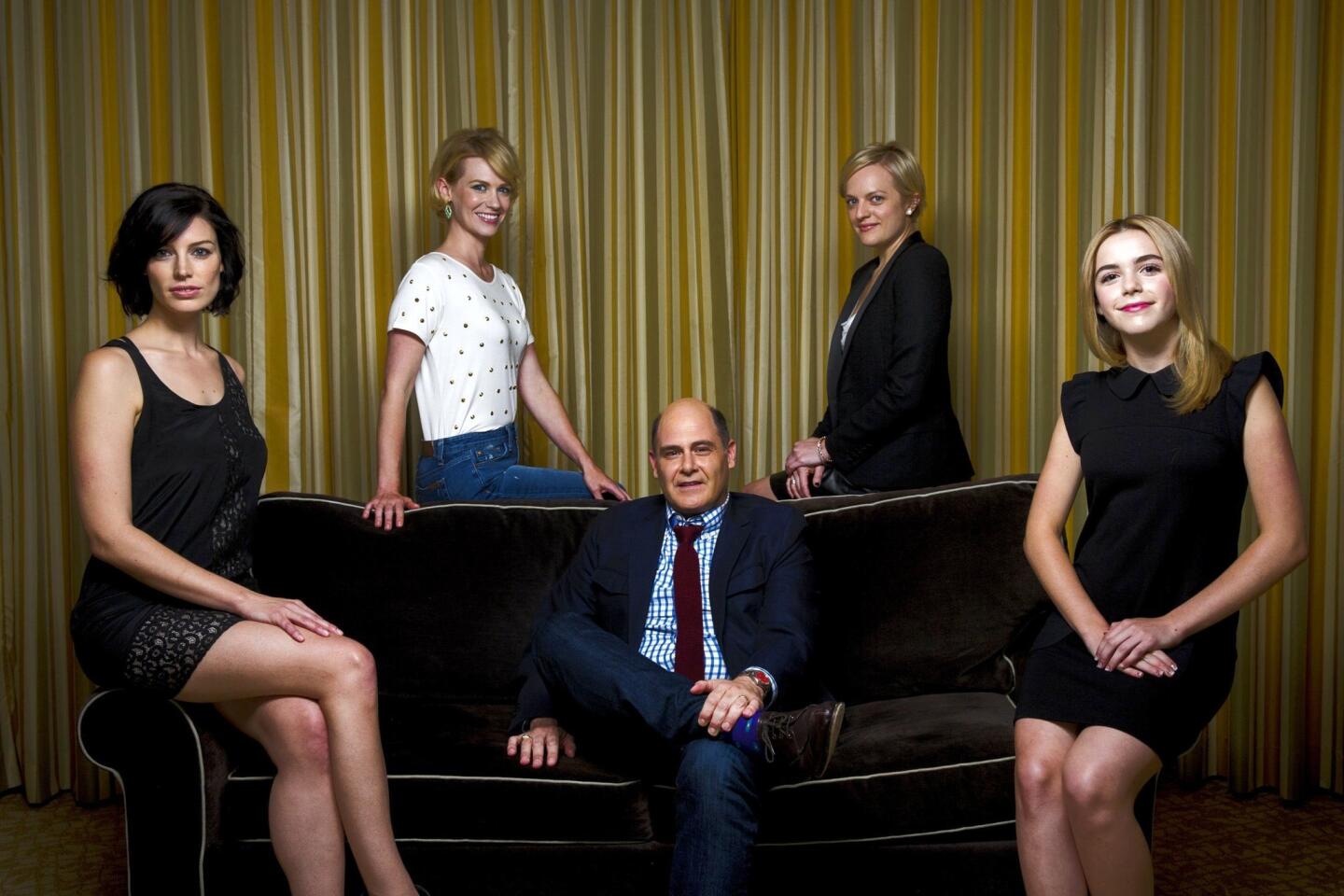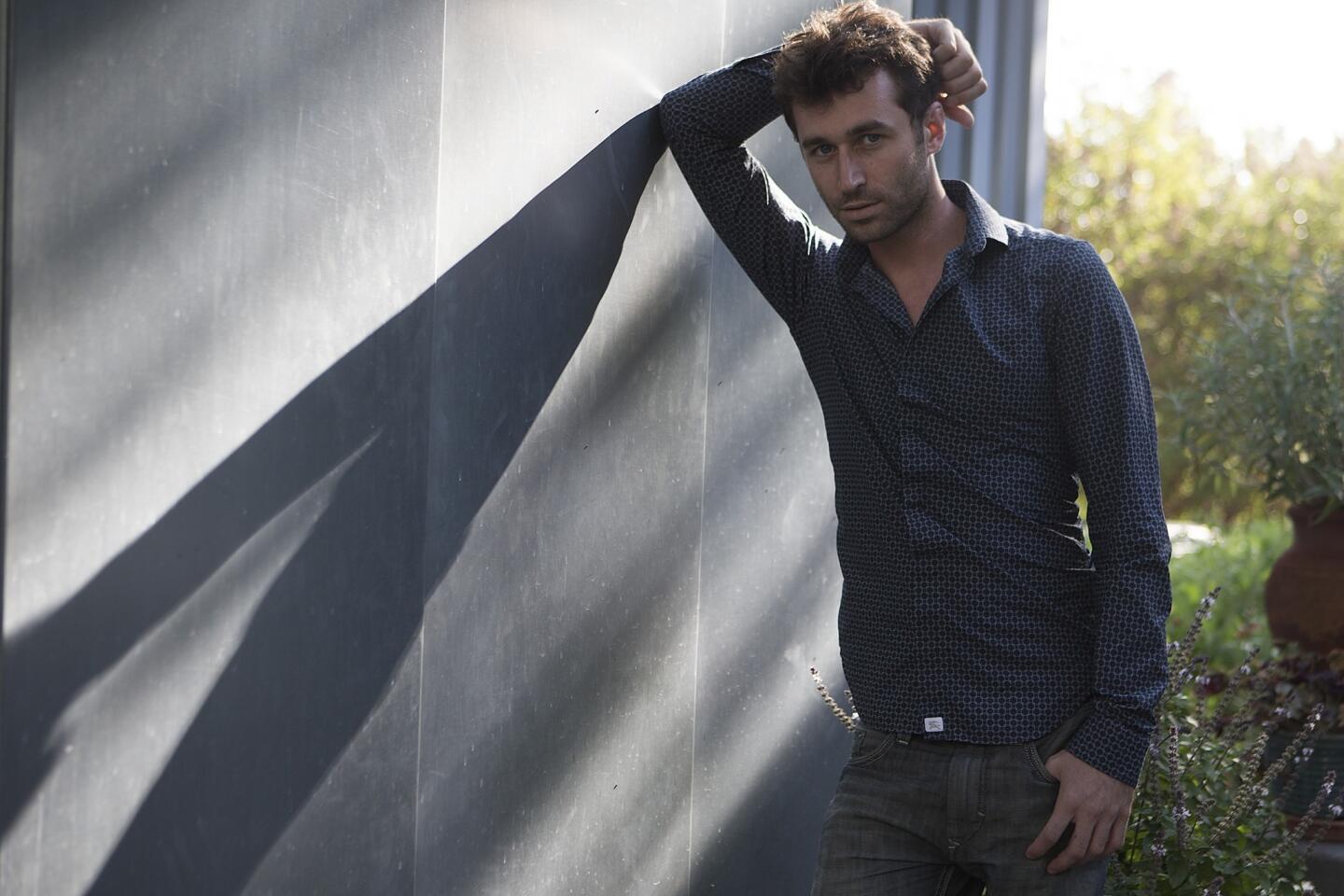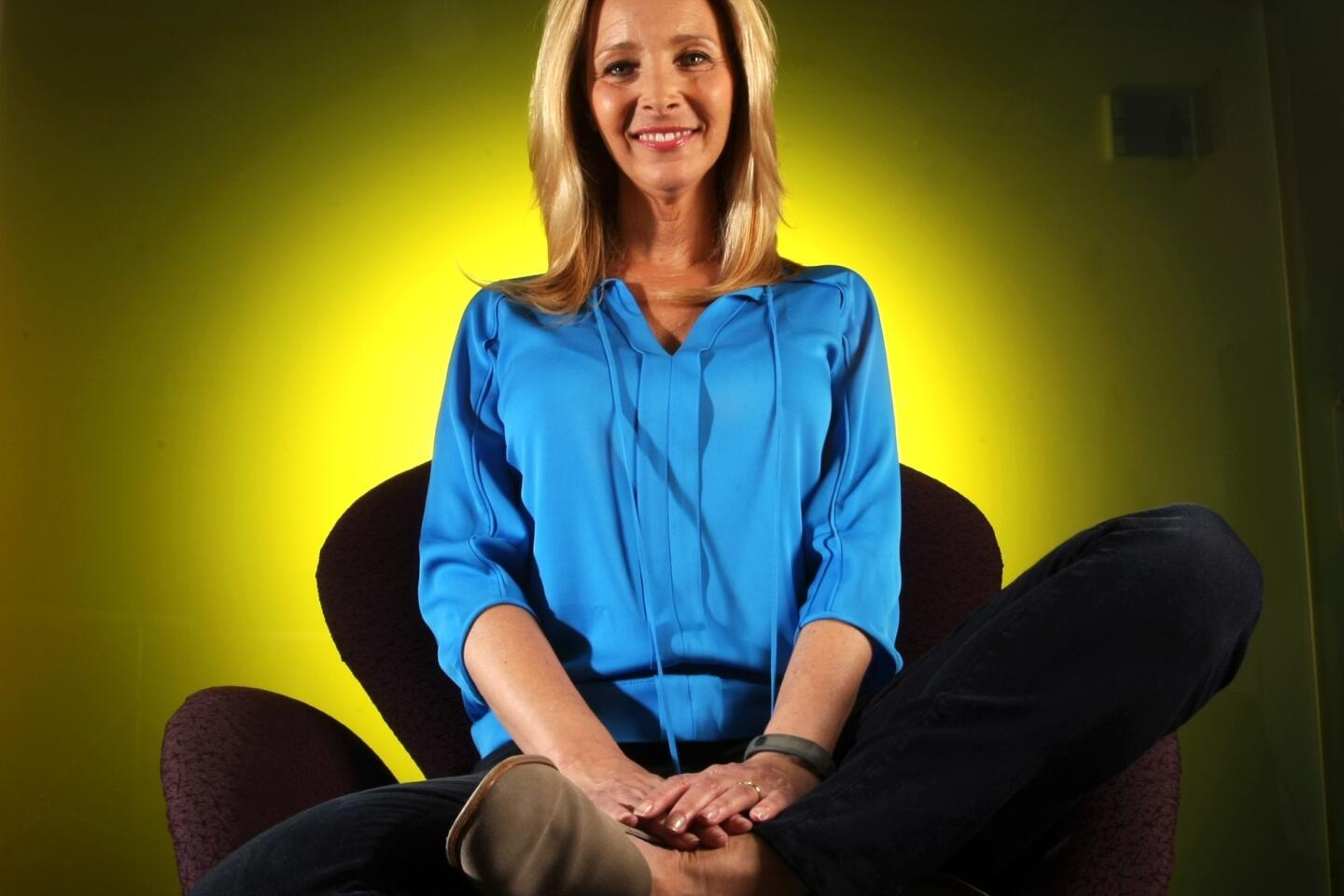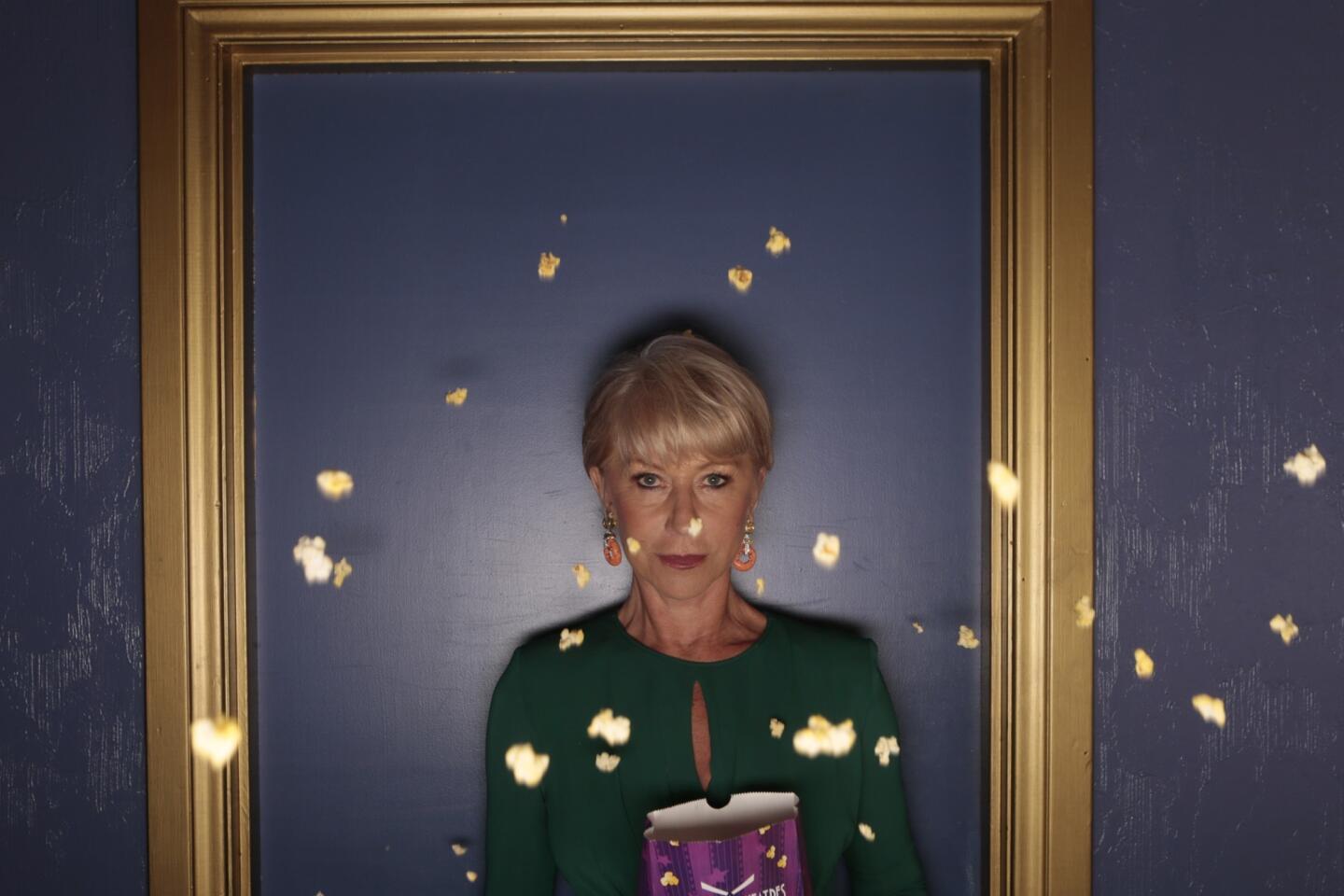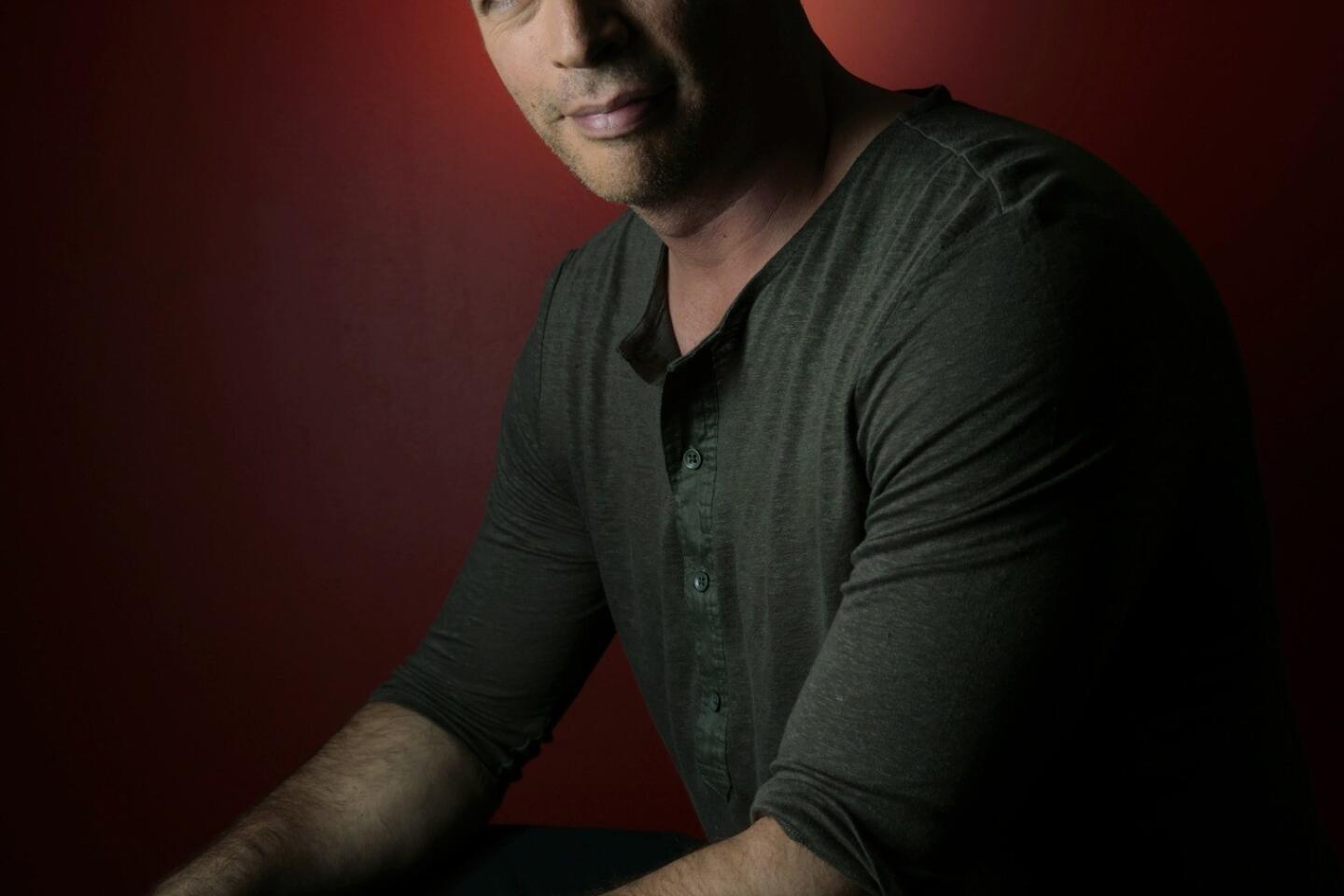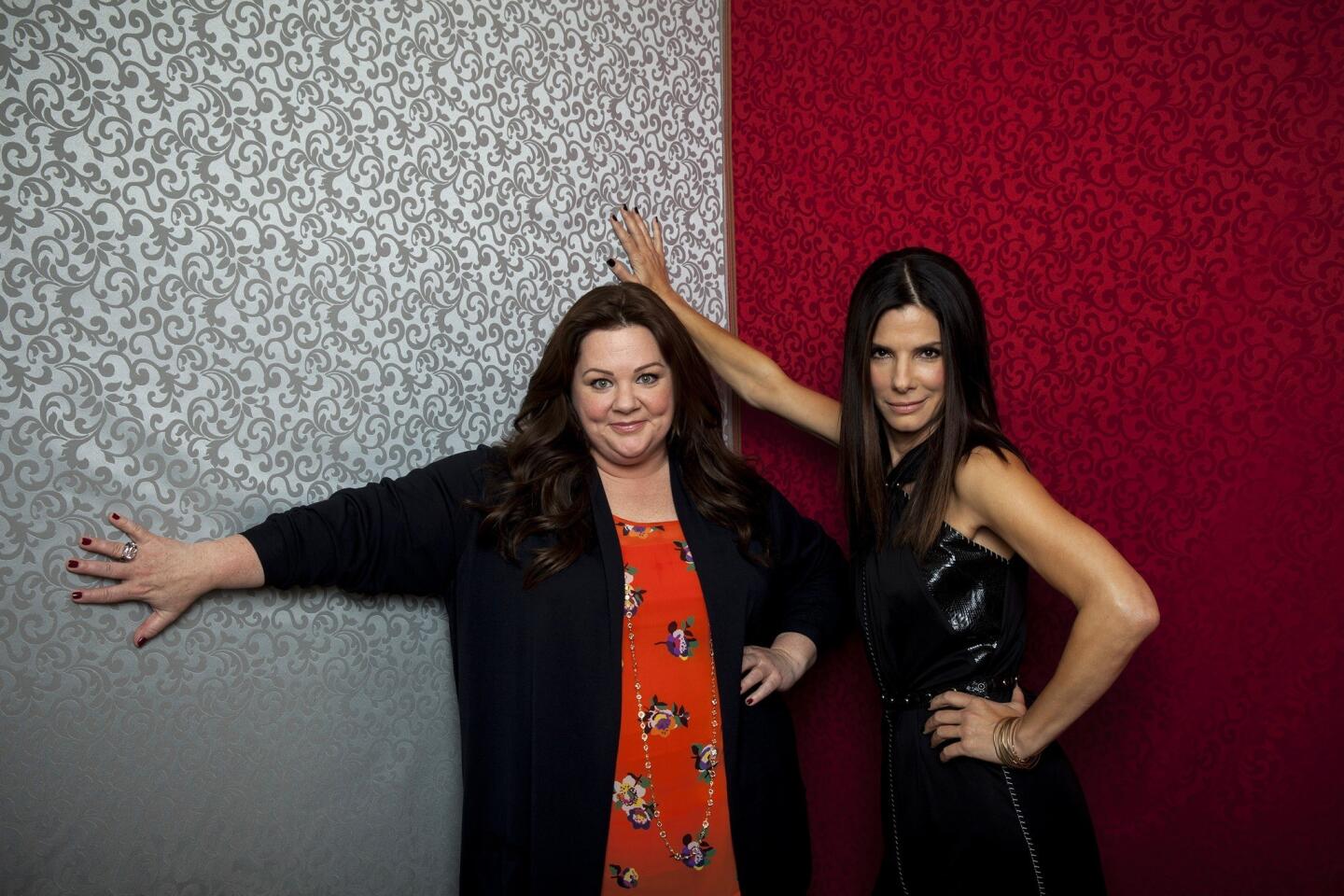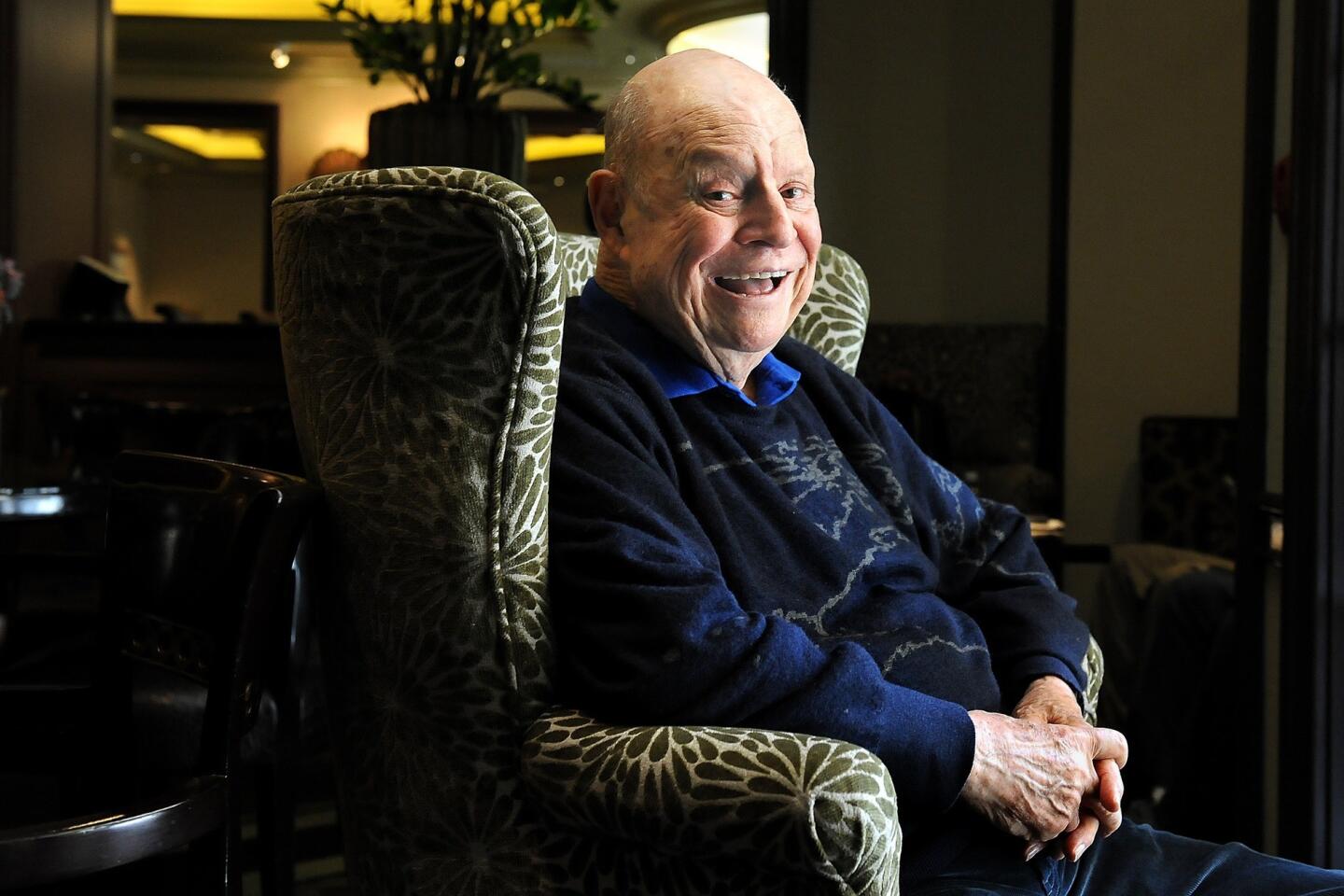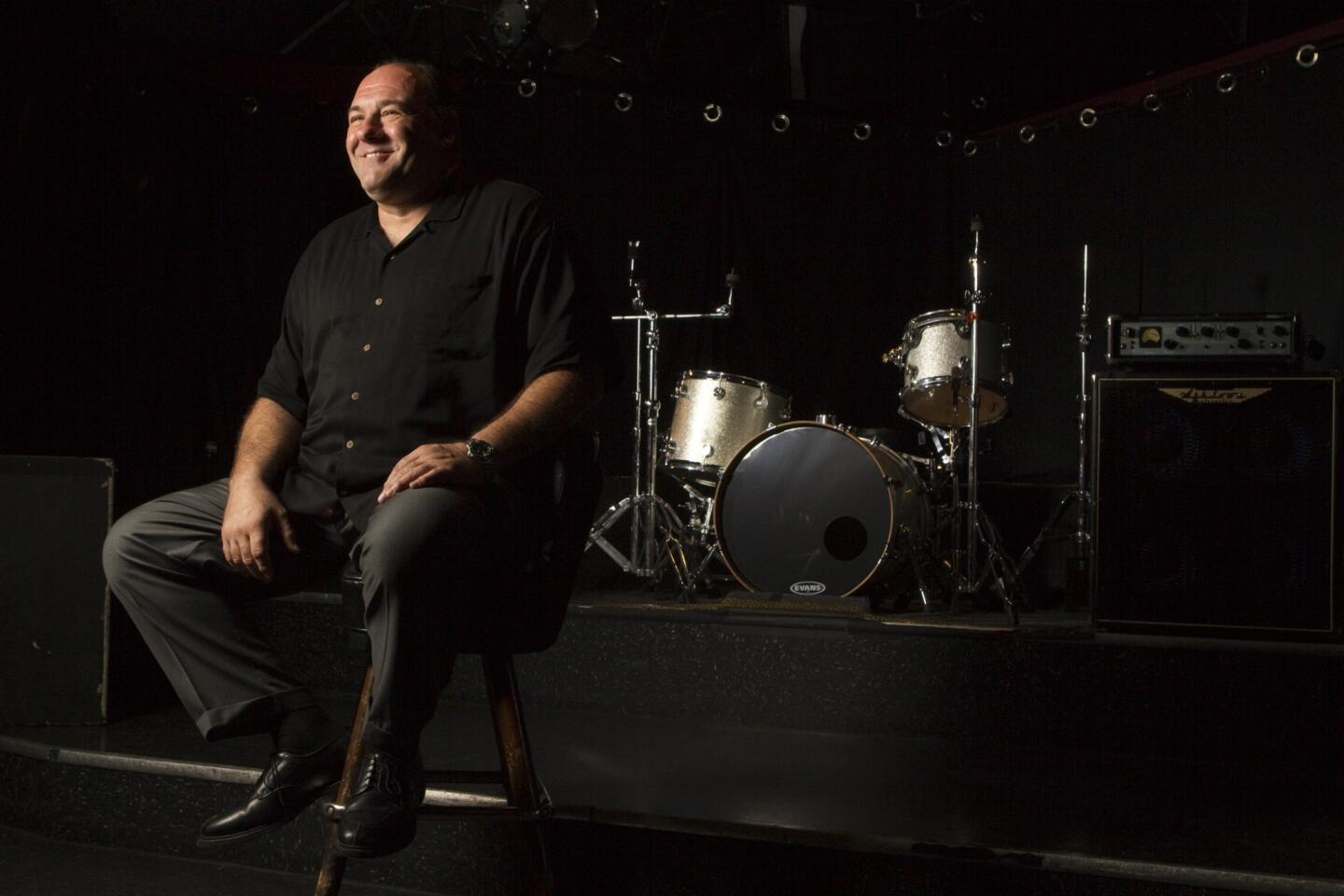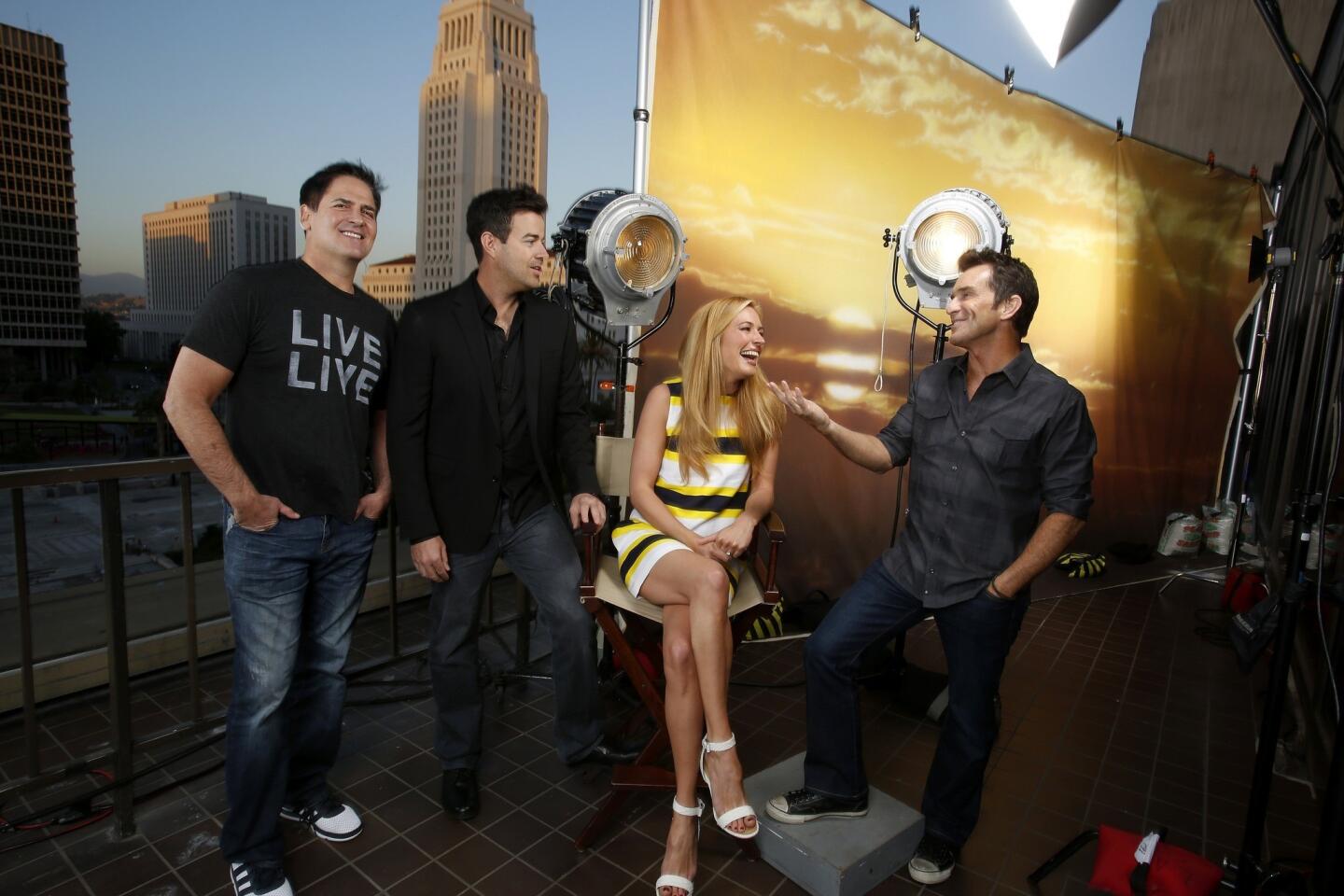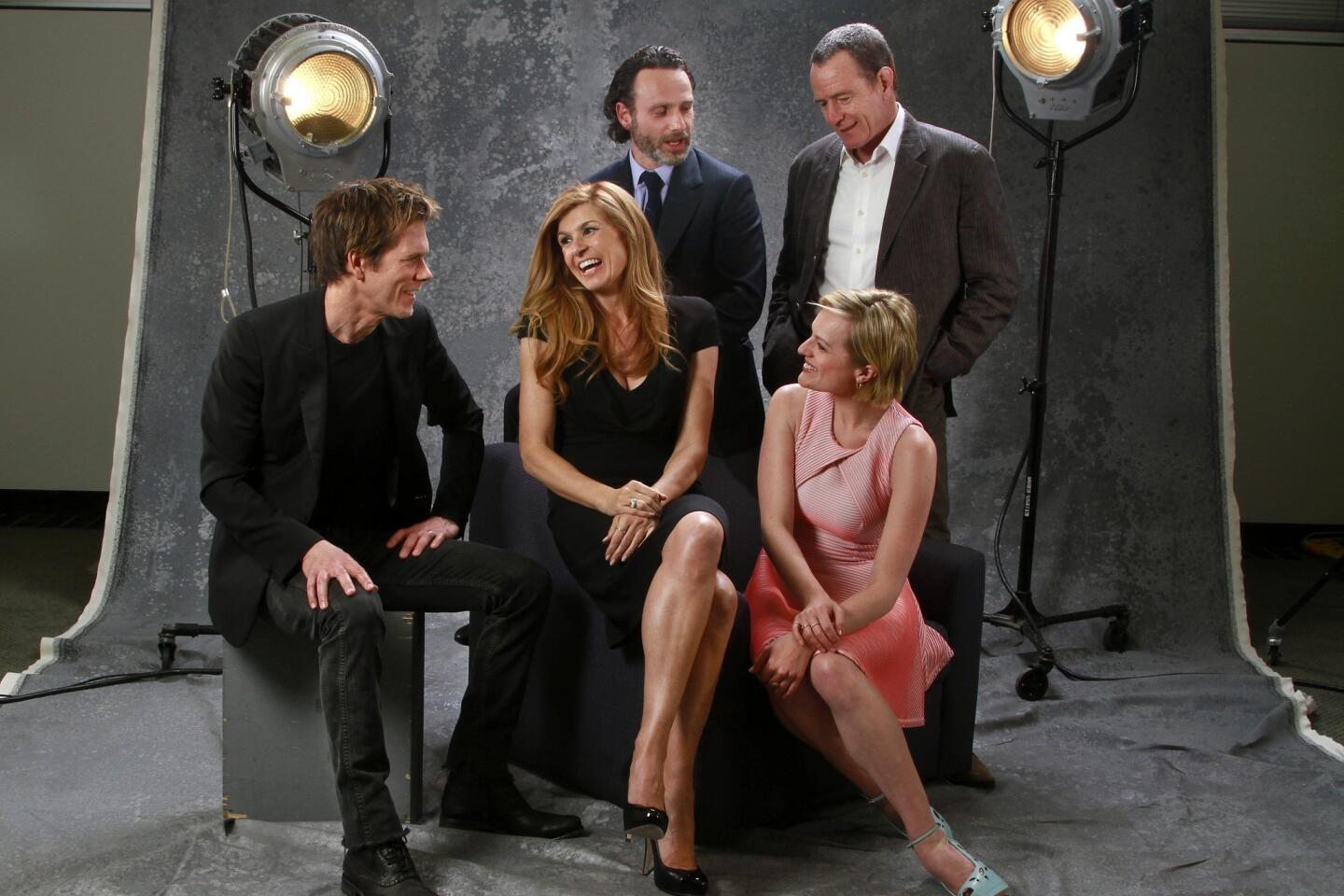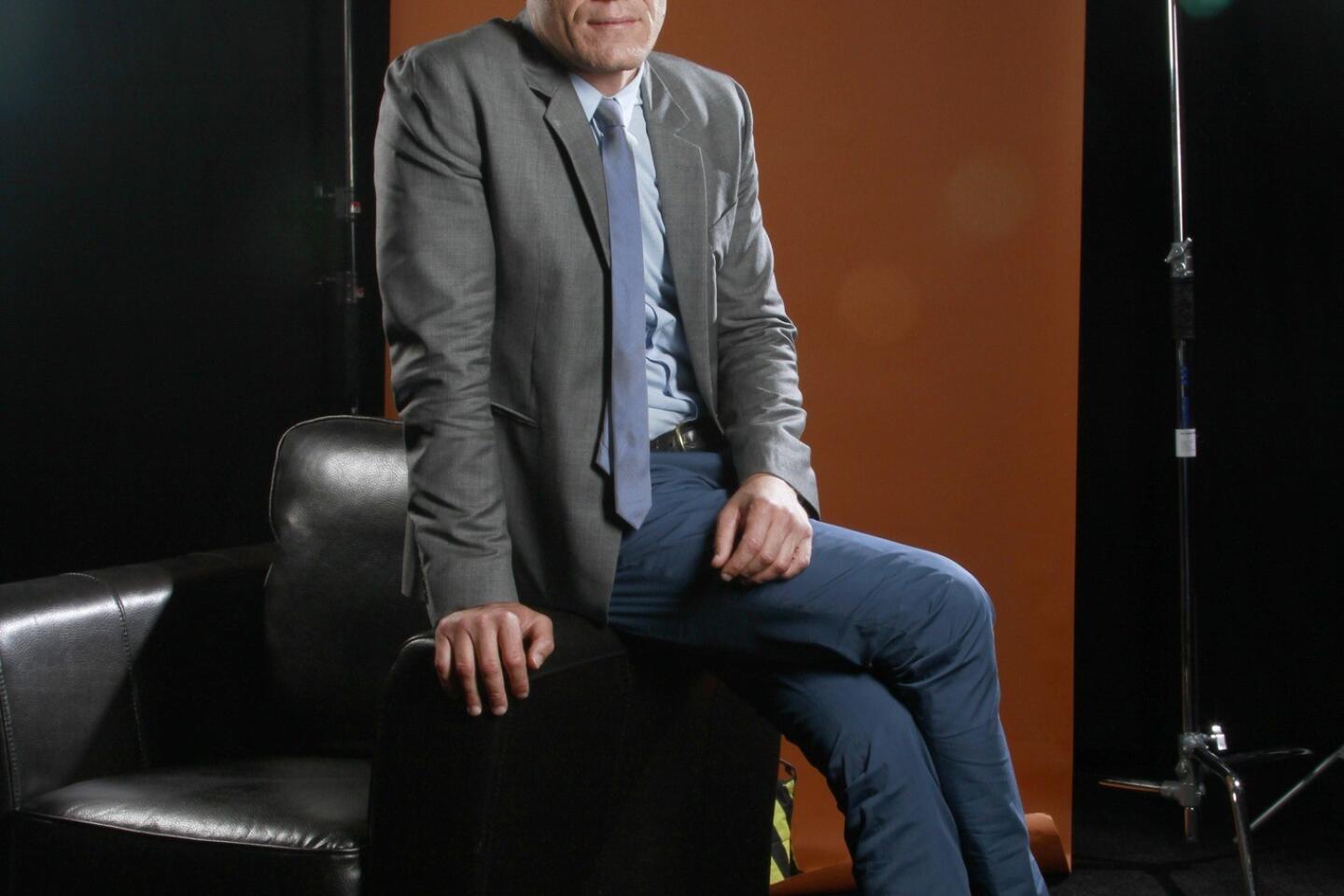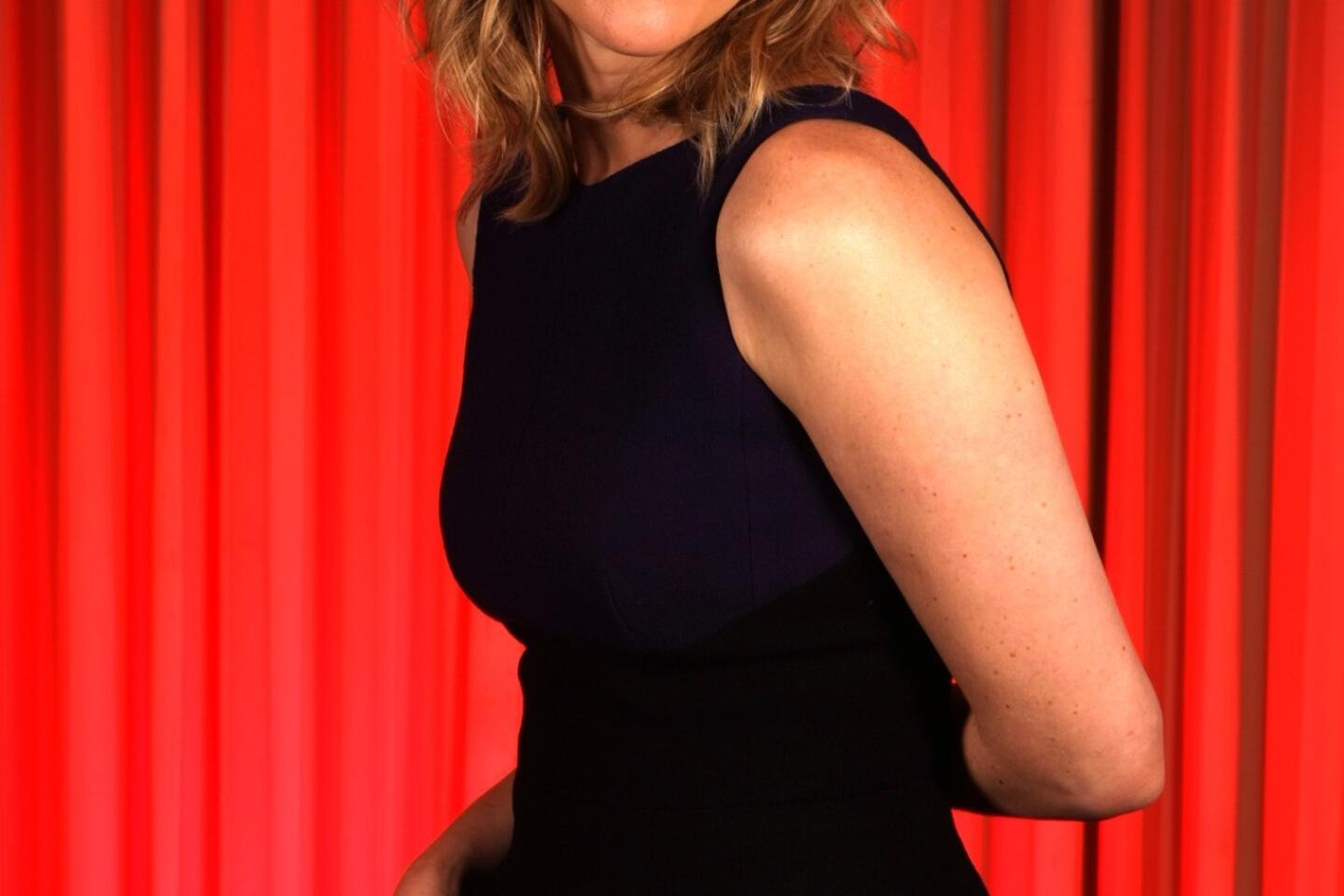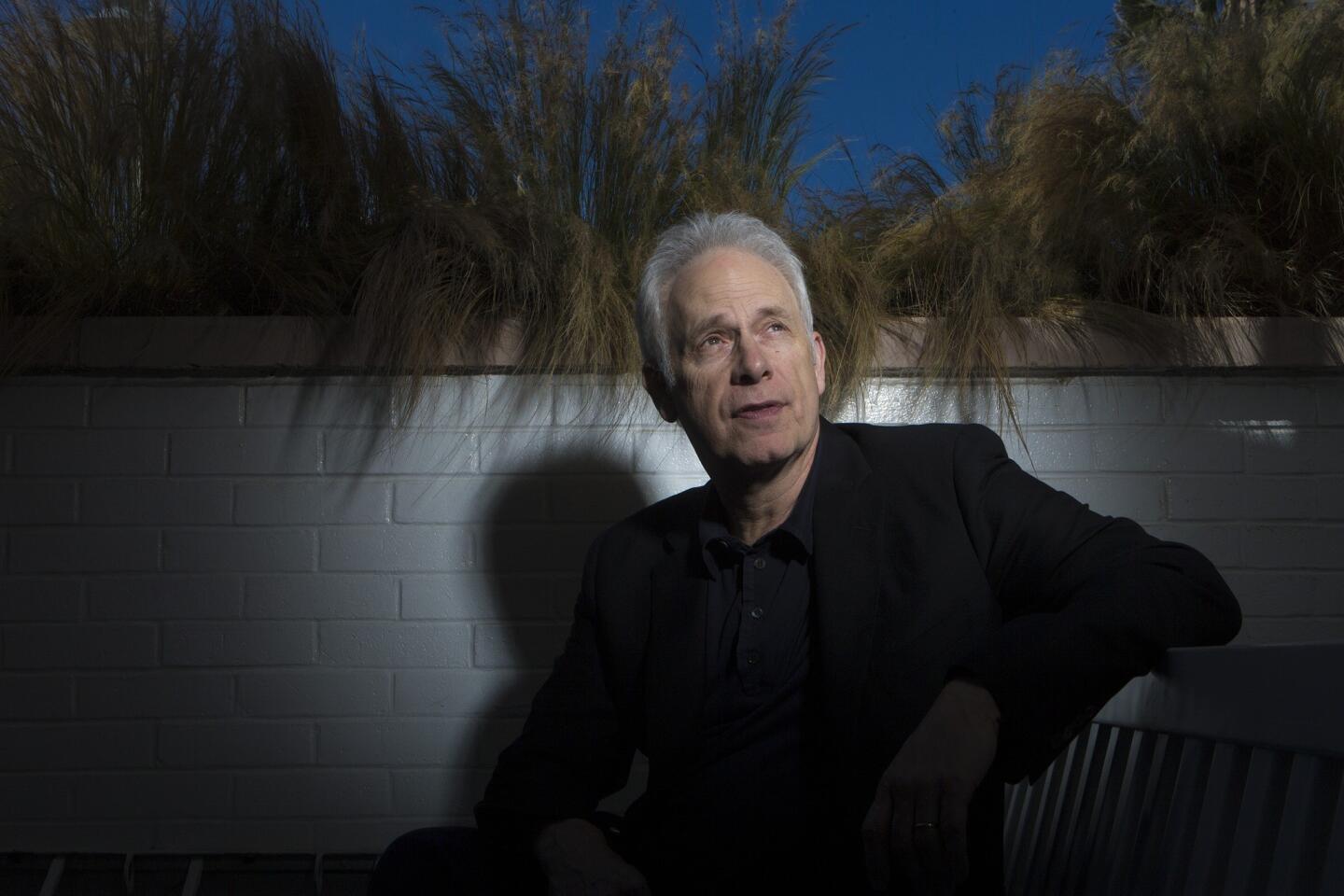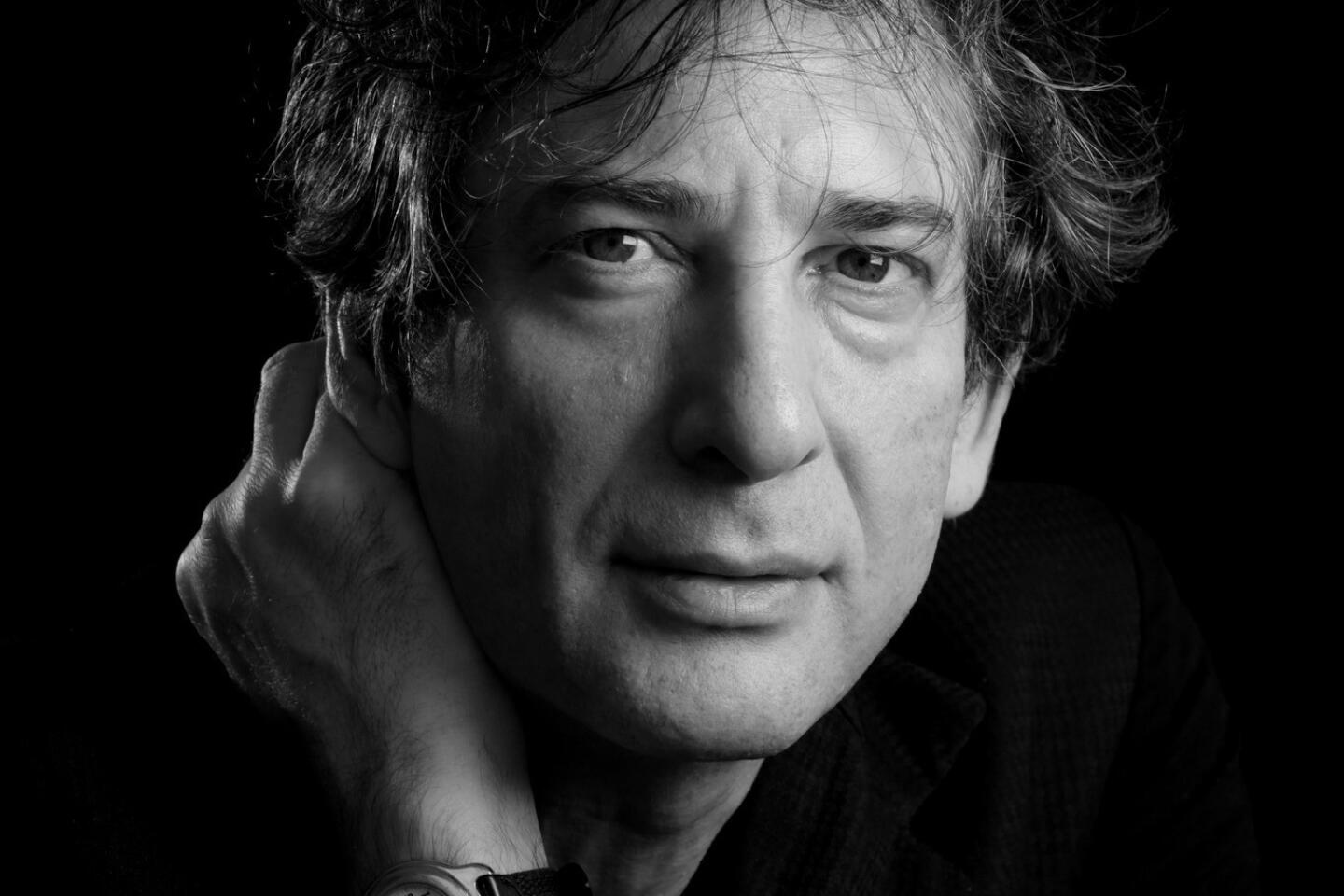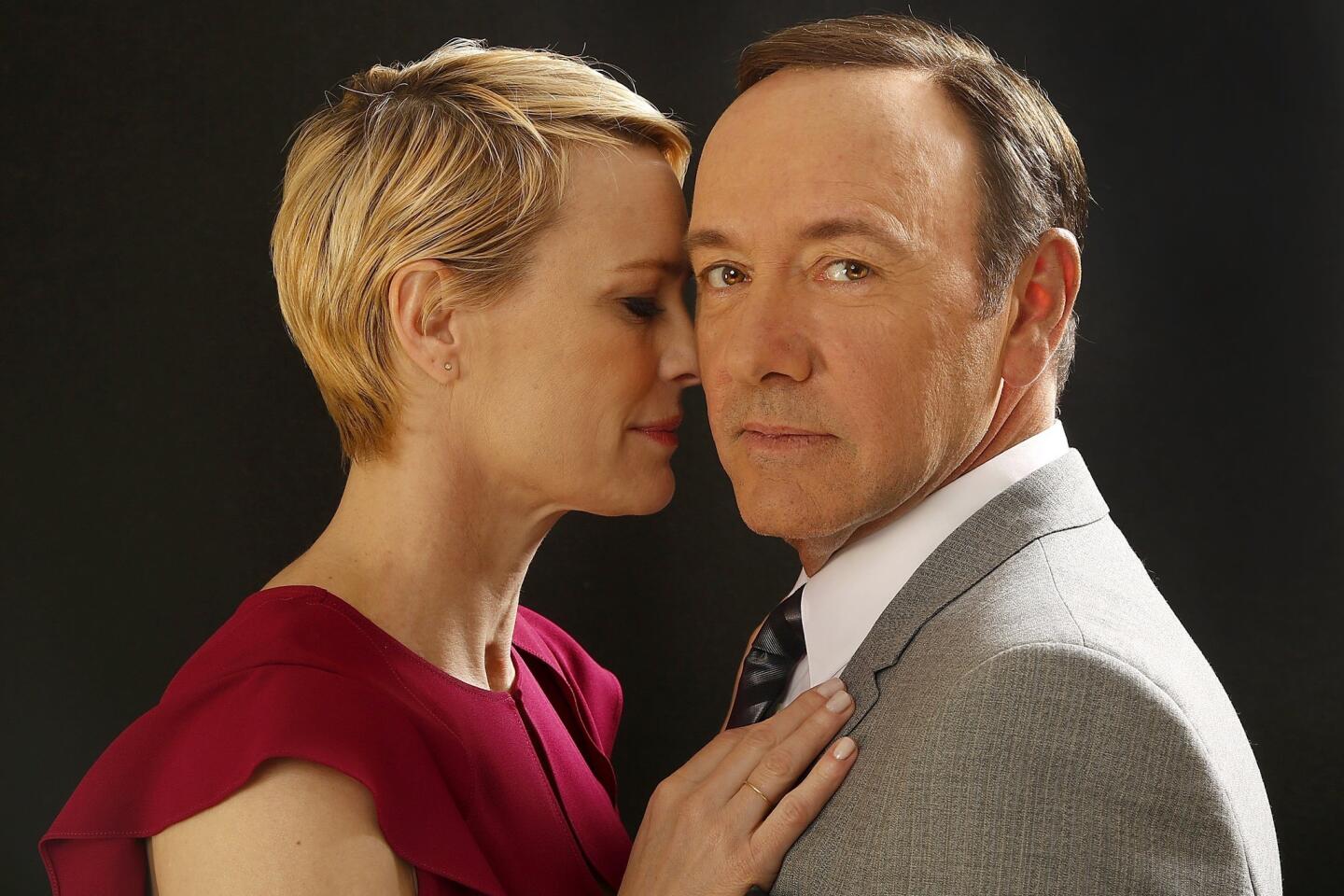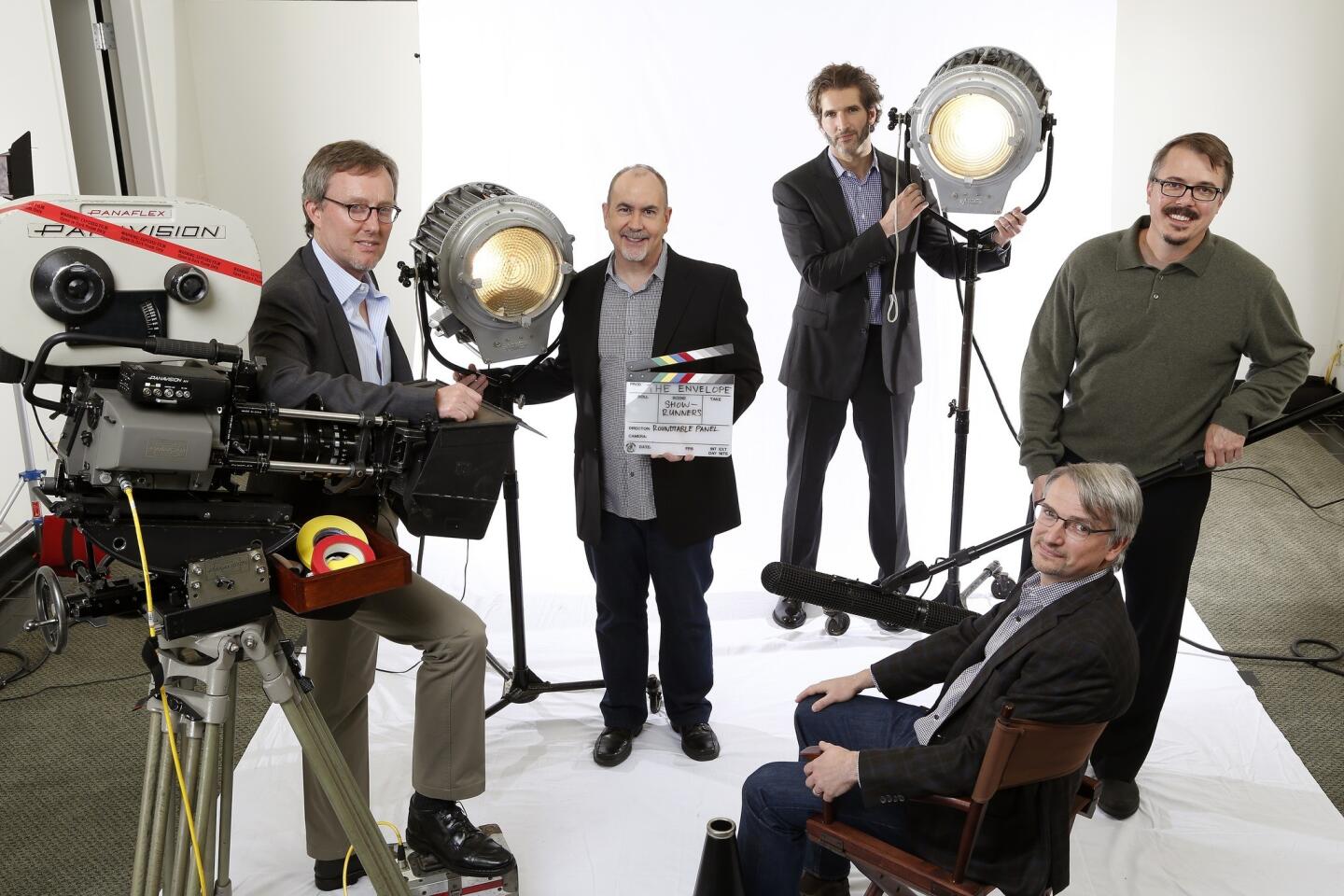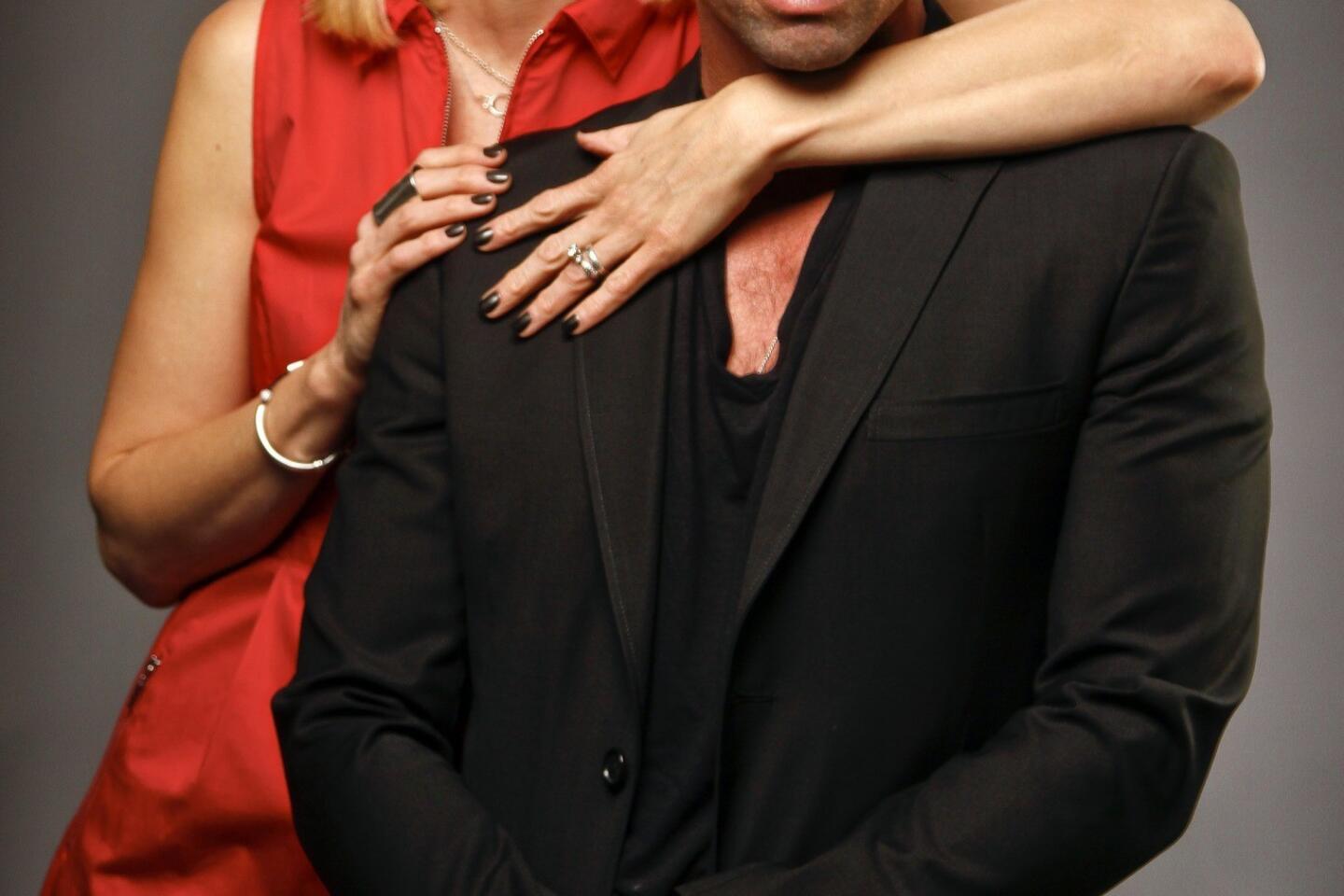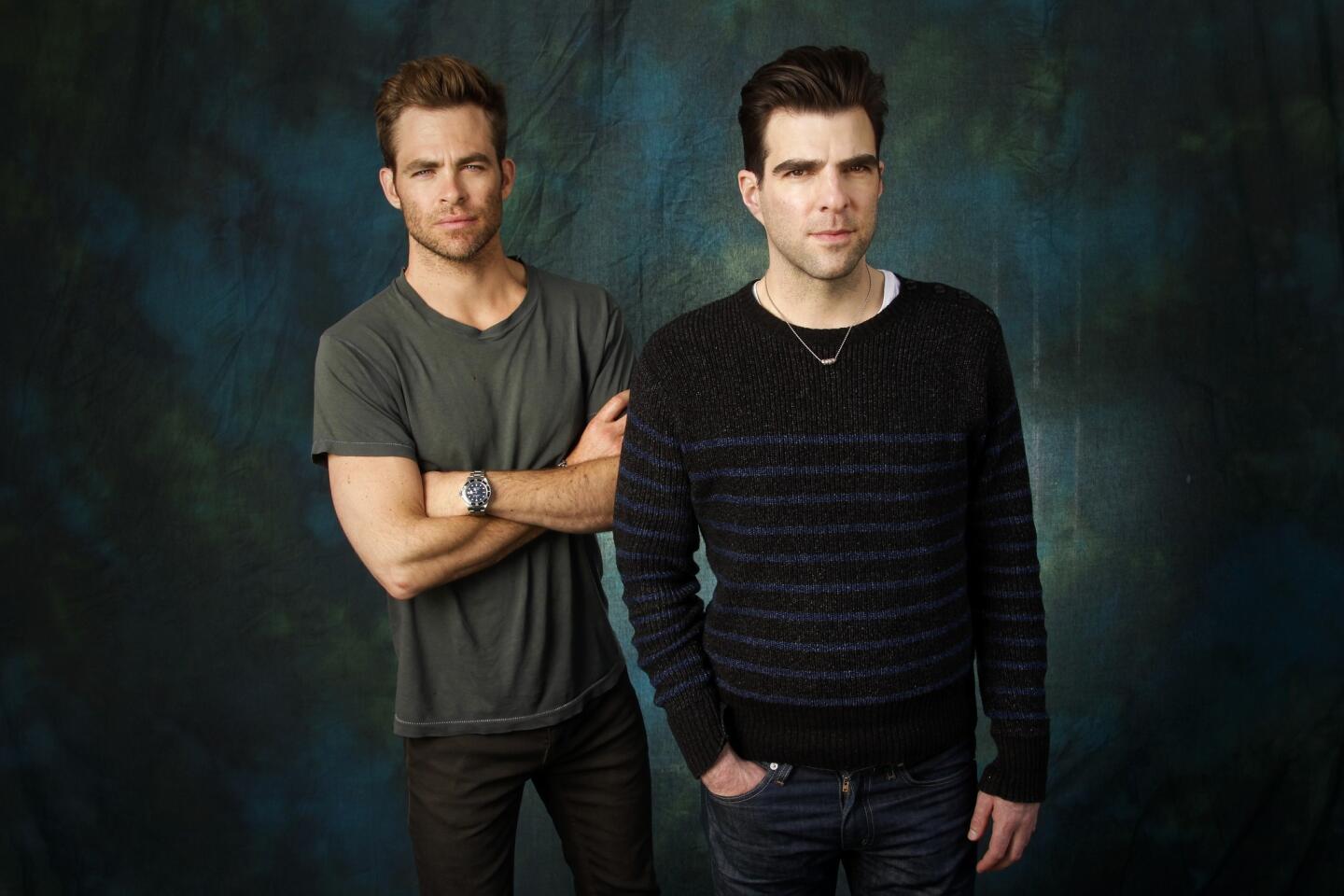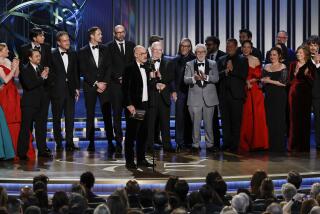Return of the TV miniseries sparks a long-form boom
Miniseries such as “Top of the Lake” and “The Bible,” both expected to figure in the race for Emmys, are in the vanguard of the remarkable resurgence of a format that, until recently, the industry had all but abandoned.
So much long-form programming is now in the pipeline that in April, the Academy of Television Arts & Sciences restored supporting acting categories for movies and miniseries, reversing an earlier decision to collapse the acting categories in response to a decline in production.
This year’s miniseries contenders reflect fascinating trends in a format that almost overnight has become television’s most dynamic and rapidly growing sector.
Sundance Channel’s seven-part “Top of the Lake” — among the best-reviewed of all programs — comes from a network scarcely on the map until now. So does History’s 10-part “The Bible,” as that channel began producing scripted content just a year ago (it scored multiple Emmys in 2012 with its first mini, “Hatfields & McCoys,” contributing in no small part to the current boom).
“It’s a bit of an embarrassment of riches how many projects there are now,” says Dirk Hoogstra, History’s executive vice president of programming. “We’ve been flooded with pitches. People have these passion projects that are miniseries, and till now there have been very few outlets for them.”
In the works at History are “Texas Rising,” an origin story of the Texas Rangers law enforcement agency formed in 1835, plus multi-parters about Bonnie and Clyde, Harry Houdini and pre-Revolutionary War activists the Sons of Liberty.
TIMELINE: Emmy winners through the years
Hoogstra attributes the renewed appeal of the long form partly to a pronounced shift in TV viewing options. “Everything’s available on some digital platform that you can view at any time, so our goal is to stand out by making each program feel like an event and a chance to be part of a national conversation.”
The thinking is similar at Sundance, where award fever took hold in 2011 when the three-part “Carlos,” an acquisition, scored an Emmy nomination and won a Golden Globe. “We were so shocked and gratified that we decided to jump into the scripted game in earnest,” says network President Sarah Barnett. “The miniseries form seemed like a good way to get our feet wet,” she adds, citing “a fairly upscale, affluent audience that craves complex, innovative, cable-type shows.”
Its appeal to in-demand talents is a big plus of the closed-end mini, execs say. “Top of the Lake,” from Oscar winner Jane Campion, fielded Elisabeth Moss despite her ongoing role as Peggy on AMC’s “Mad Men.” Says Barnett: “It was important to us that the lead be someone our audience would want to tune in for.”
Video: Emmy 2013 Round Table | Drama
Sigourney Weaver top-lined “Political Animals,” a likely Emmy contender from USA that allowed the network to “play in worlds we wouldn’t otherwise play in,” says programming Vice President Bill Goldrick. The series was originally open-ended, but the channel chose not to renew it, underscoring another trend — the increasingly malleable definition of a mini. In a related eyebrow-raiser, Showtime plans to submit the fourth and final season of “The Big C” as a miniseries since it is only four episodes long — too short for comedy series consideration. And FX’s “American Horror Story,” starring Jessica Lange, will again compete as a mini, given that its settings and characters change completely each season.
Television Academy Vice President of Awards John Leverence says he is not bothered by the blurring of lines. “It’s indicative of the creative evolution you’re seeing on television every night. You have sophisticated writers and producers who are bending and morphing the conventions.” The rules allow producers to choose the category in which they submit.
FX President John Landgraf, poised to launch an offshoot channel, FXM, devoted to minis and limited series, sees the long-form resurgence as driven by “the fact that we’re hearing a lot of really great story pitches that are ideally suited for it, from gifted actors and filmmakers who aren’t keen to work in a situation where they’d have to commit for six or seven years.”
“There’s a whole new sophisticated, adult sensibility that is informing these projects,” says Landgraf, describing plans to produce at least four minis or limited series a year, beginning with a 10-parter inspired by the Oscar-winning movie “Fargo.” “These are films, as far as I’m concerned, but they’re told in eight or 10 parts. And I’m really excited about it, because it means that a lot of great projects are going to get made that otherwise wouldn’t.”
More to Read
From the Oscars to the Emmys.
Get the Envelope newsletter for exclusive awards season coverage, behind-the-scenes stories from the Envelope podcast and columnist Glenn Whipp’s must-read analysis.
You may occasionally receive promotional content from the Los Angeles Times.



